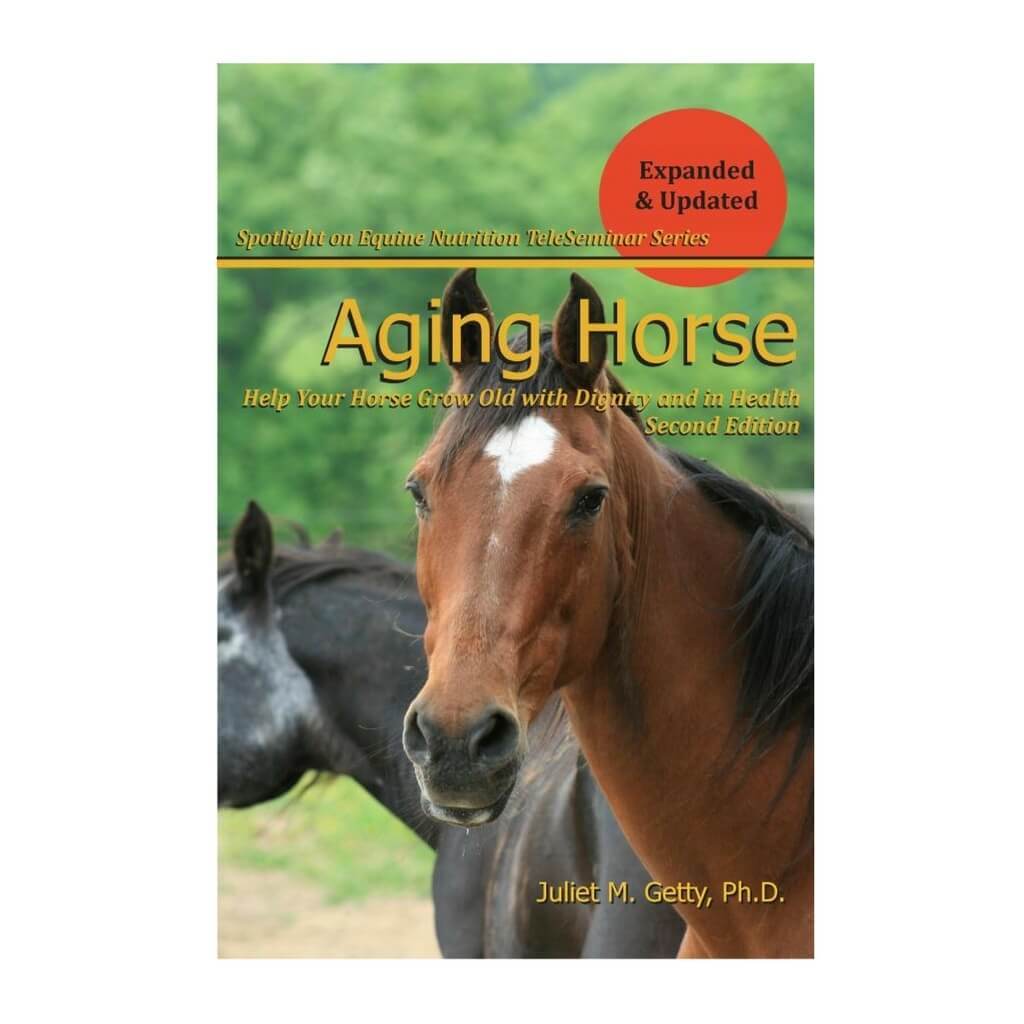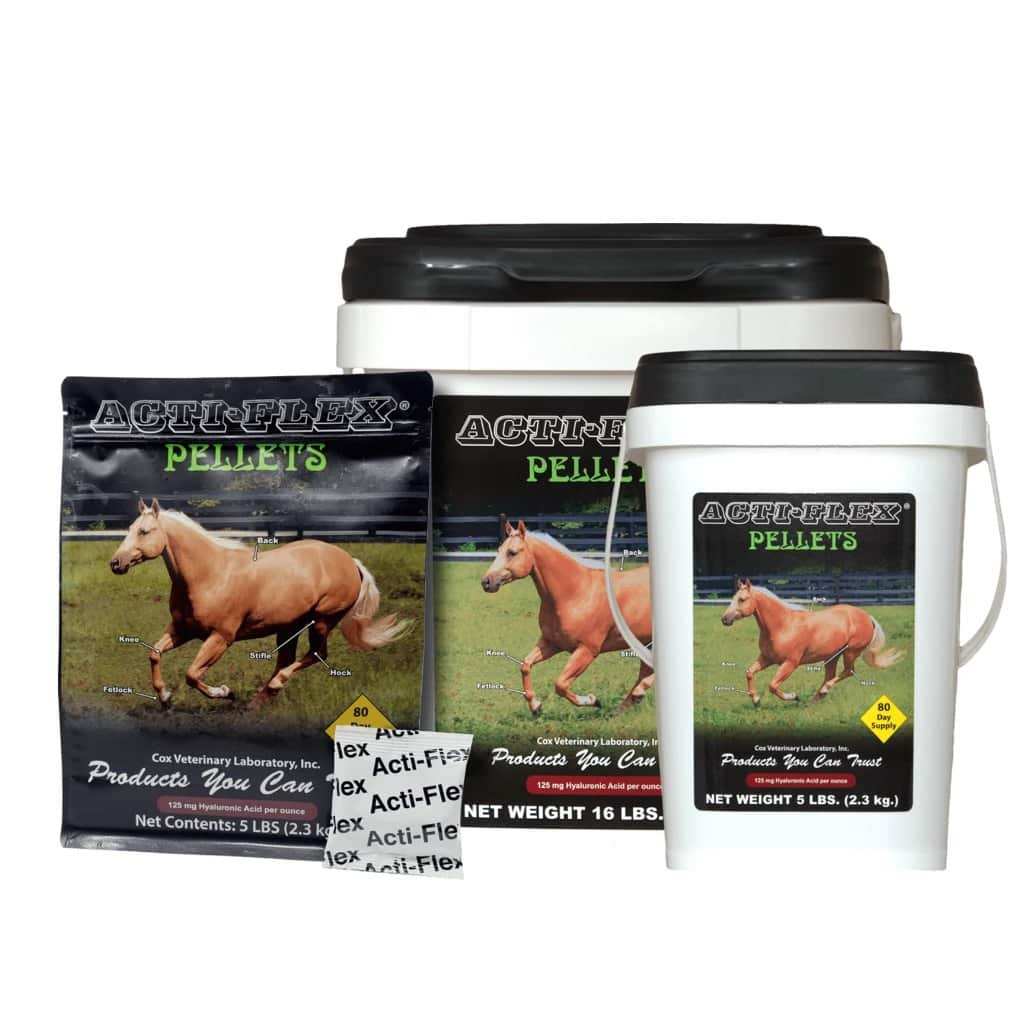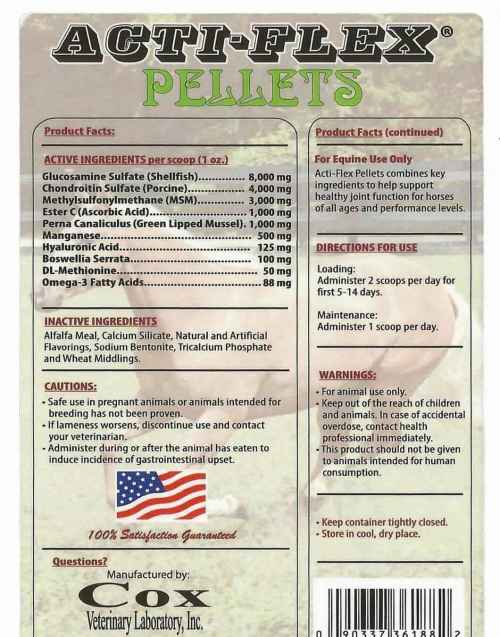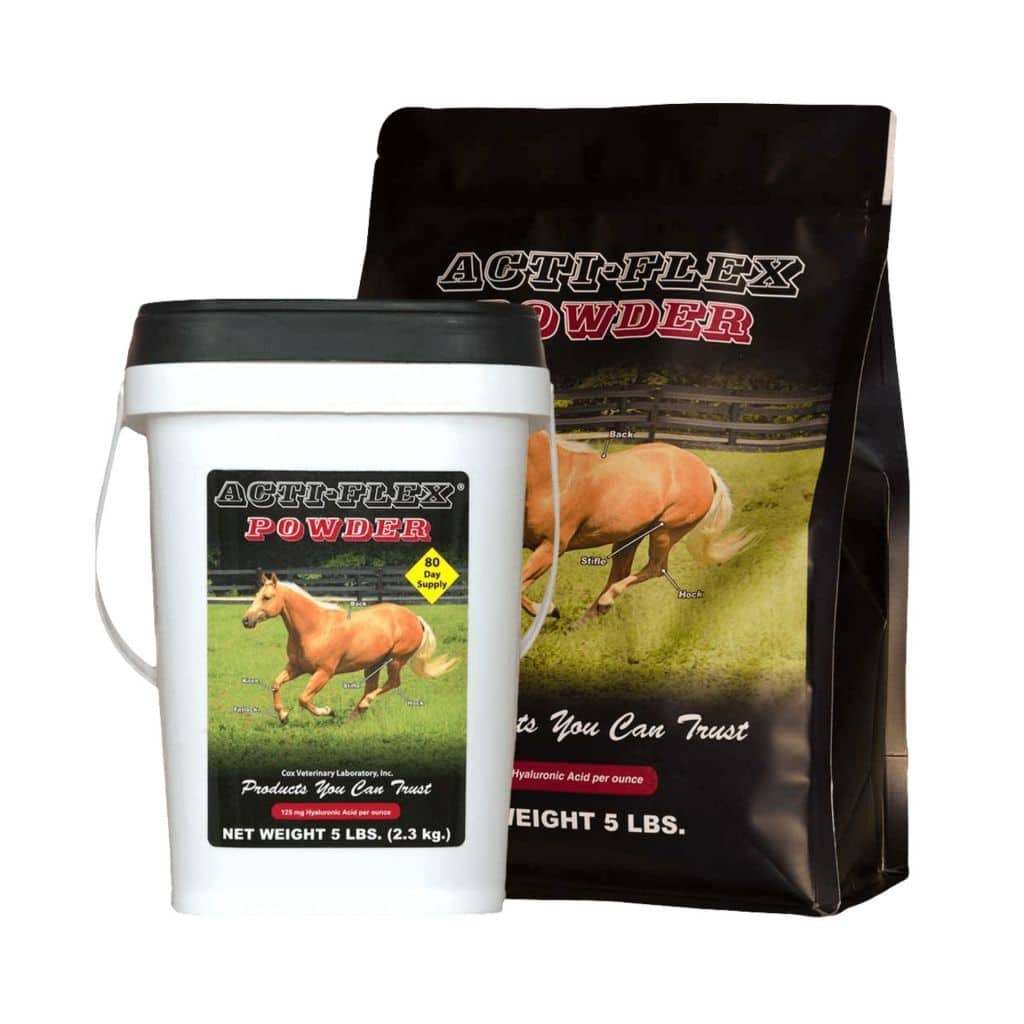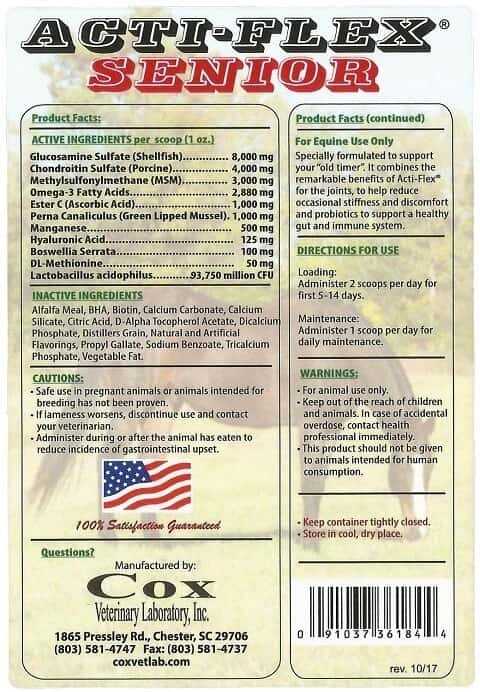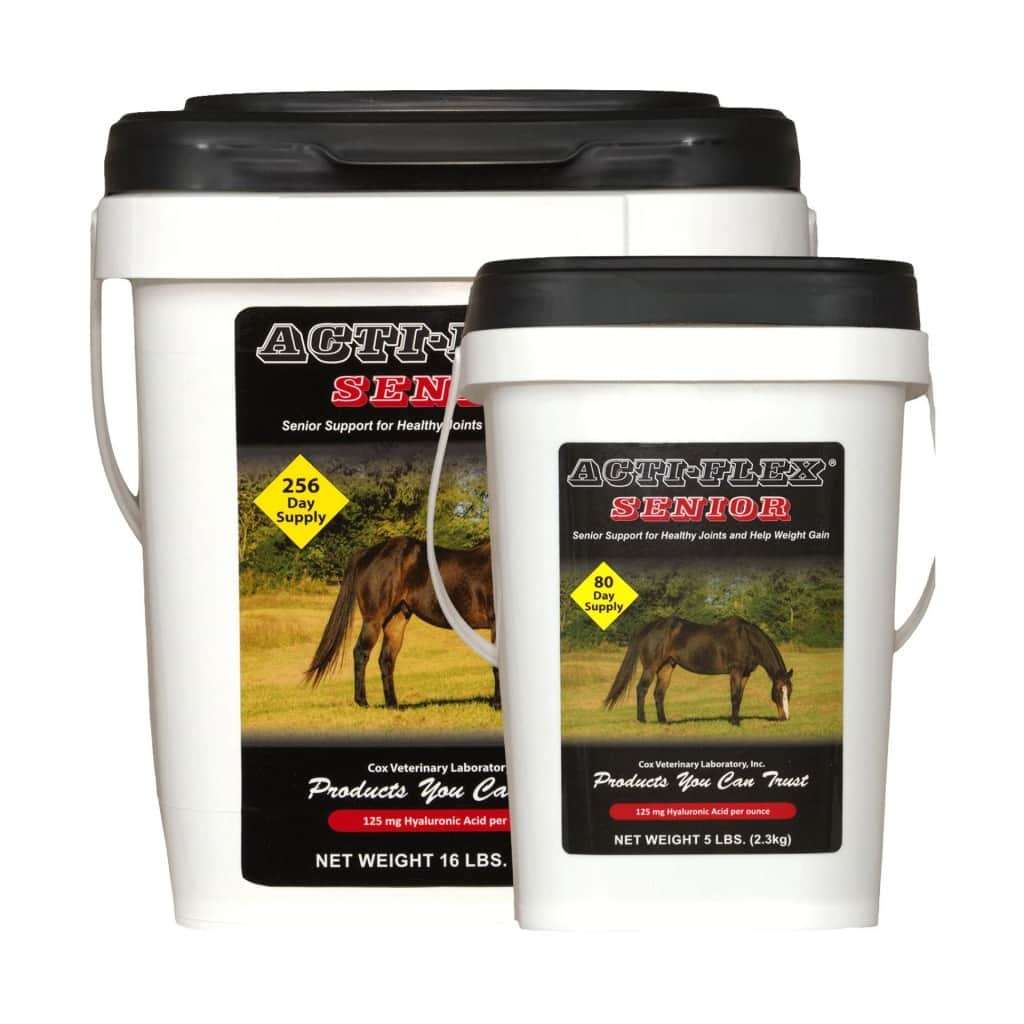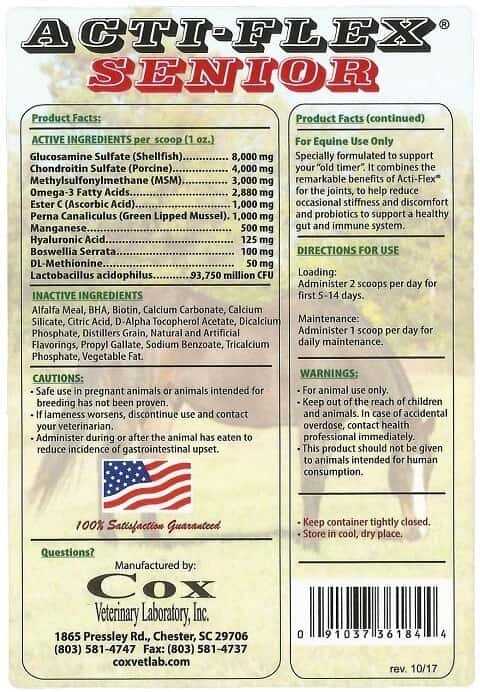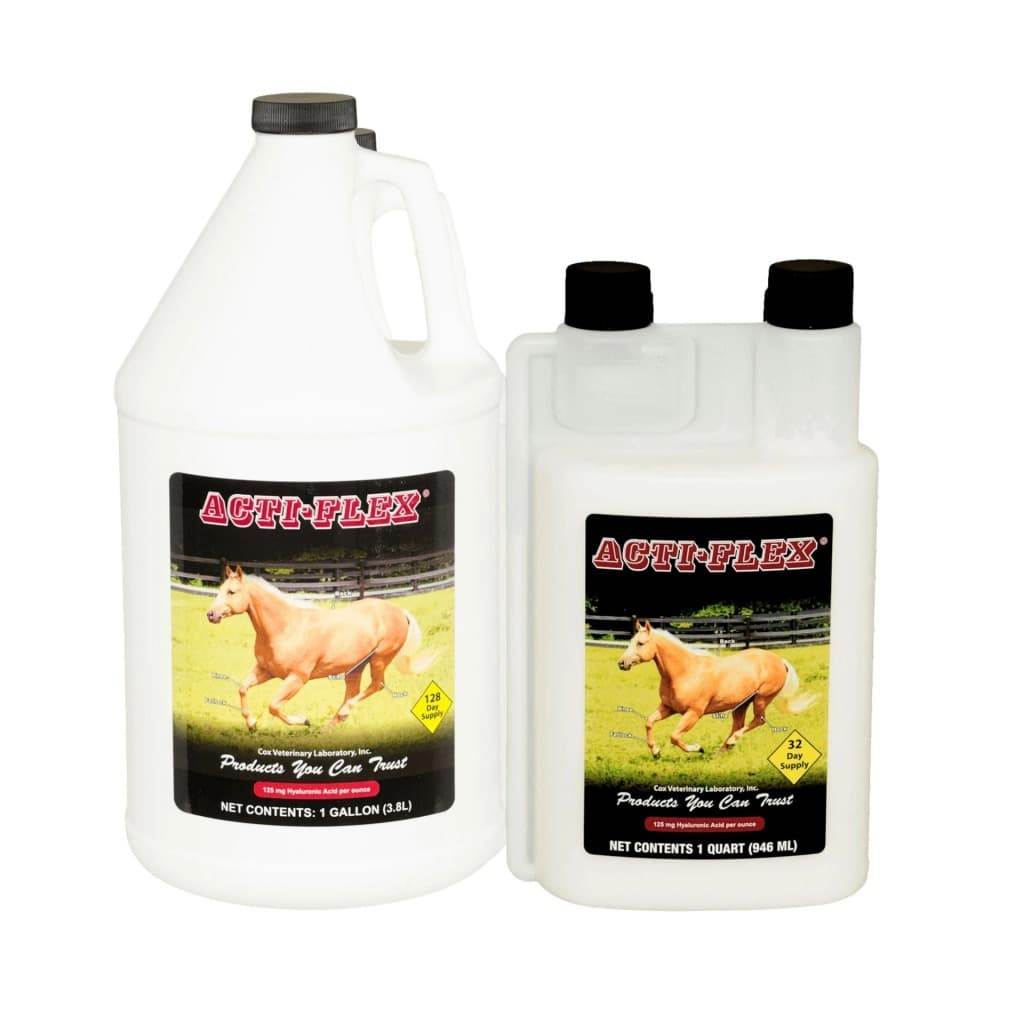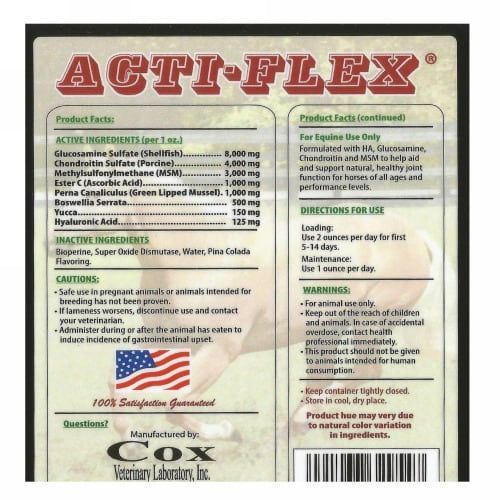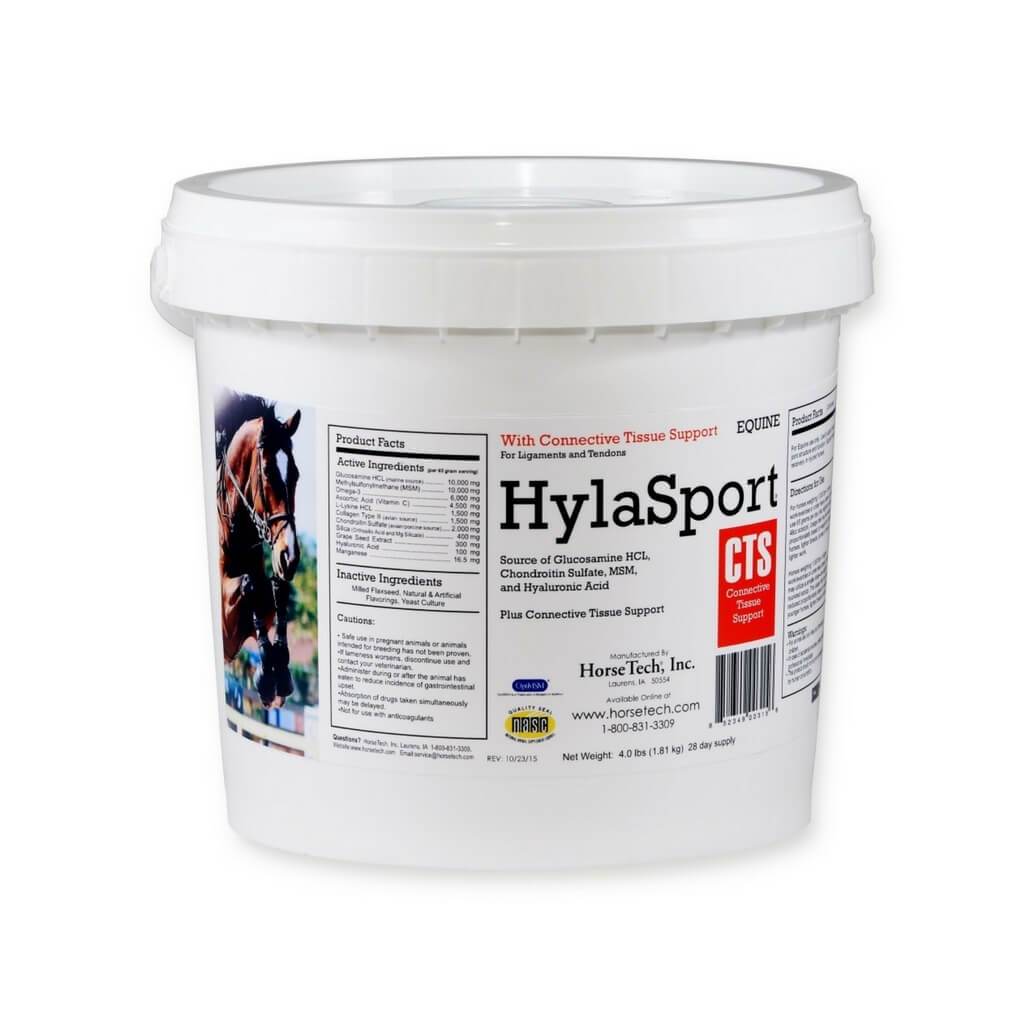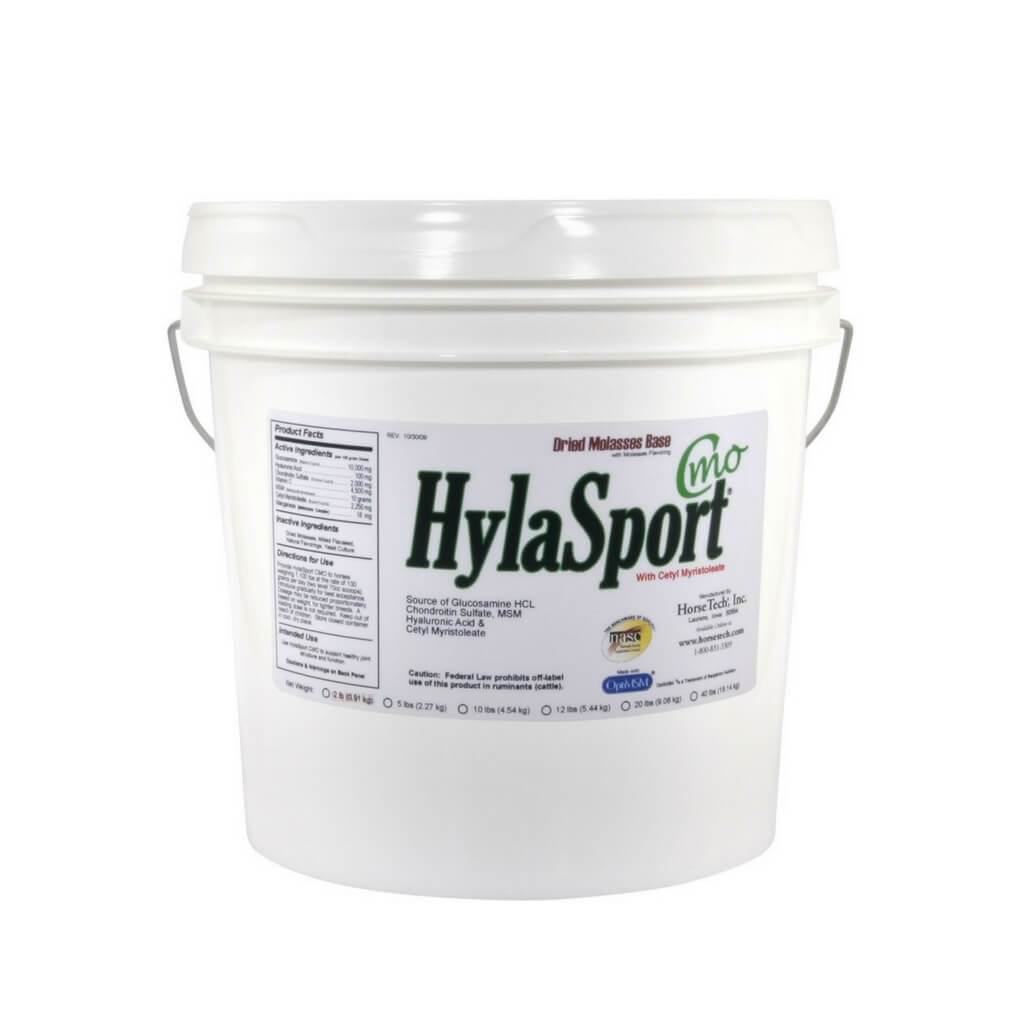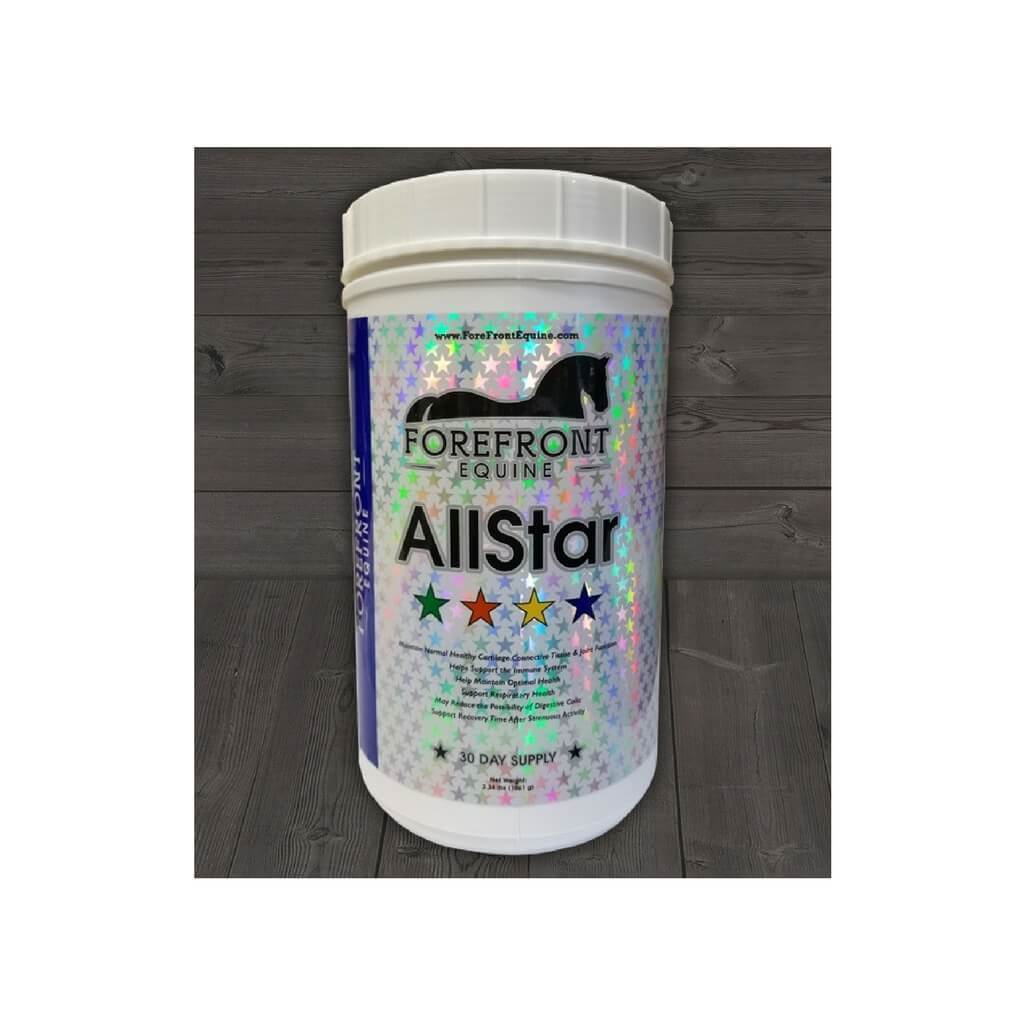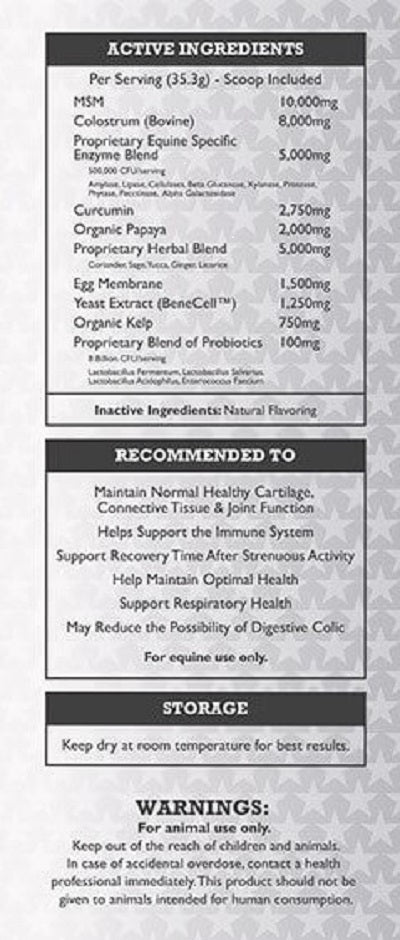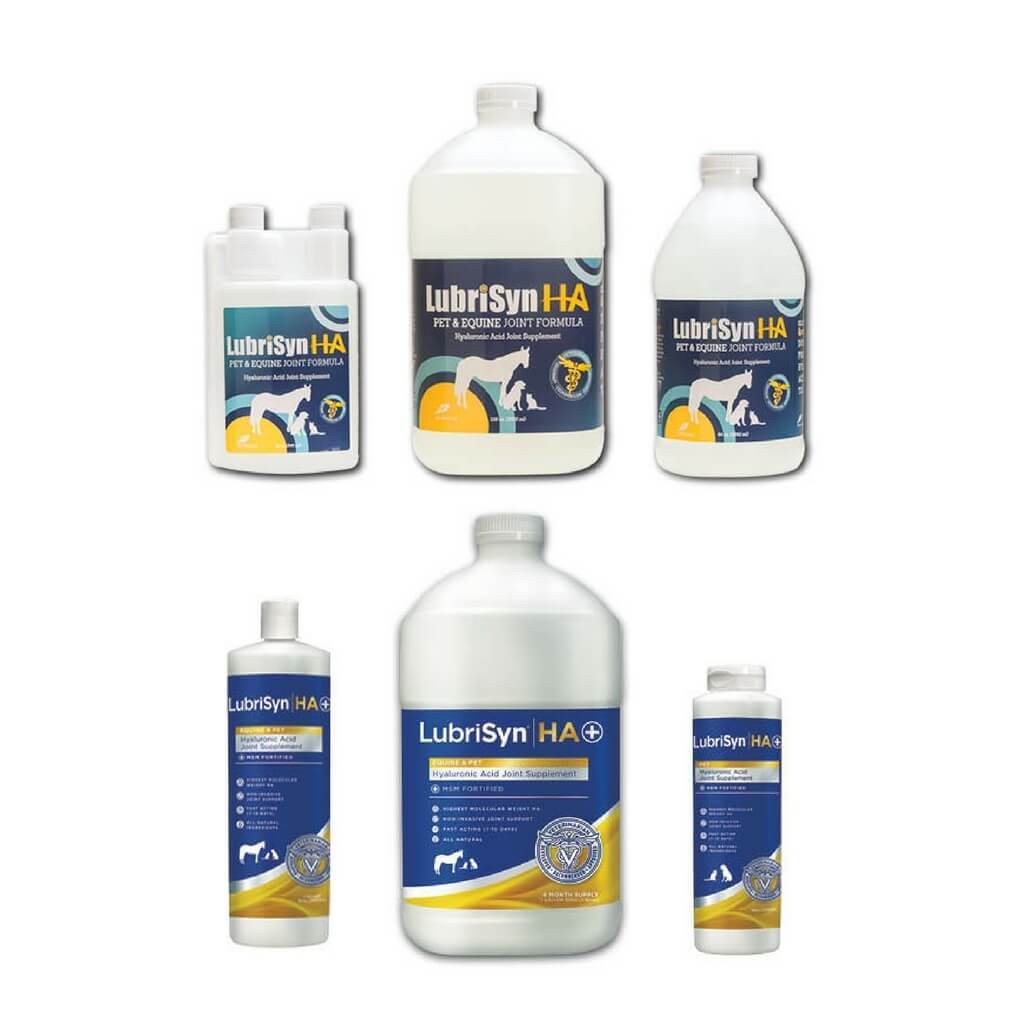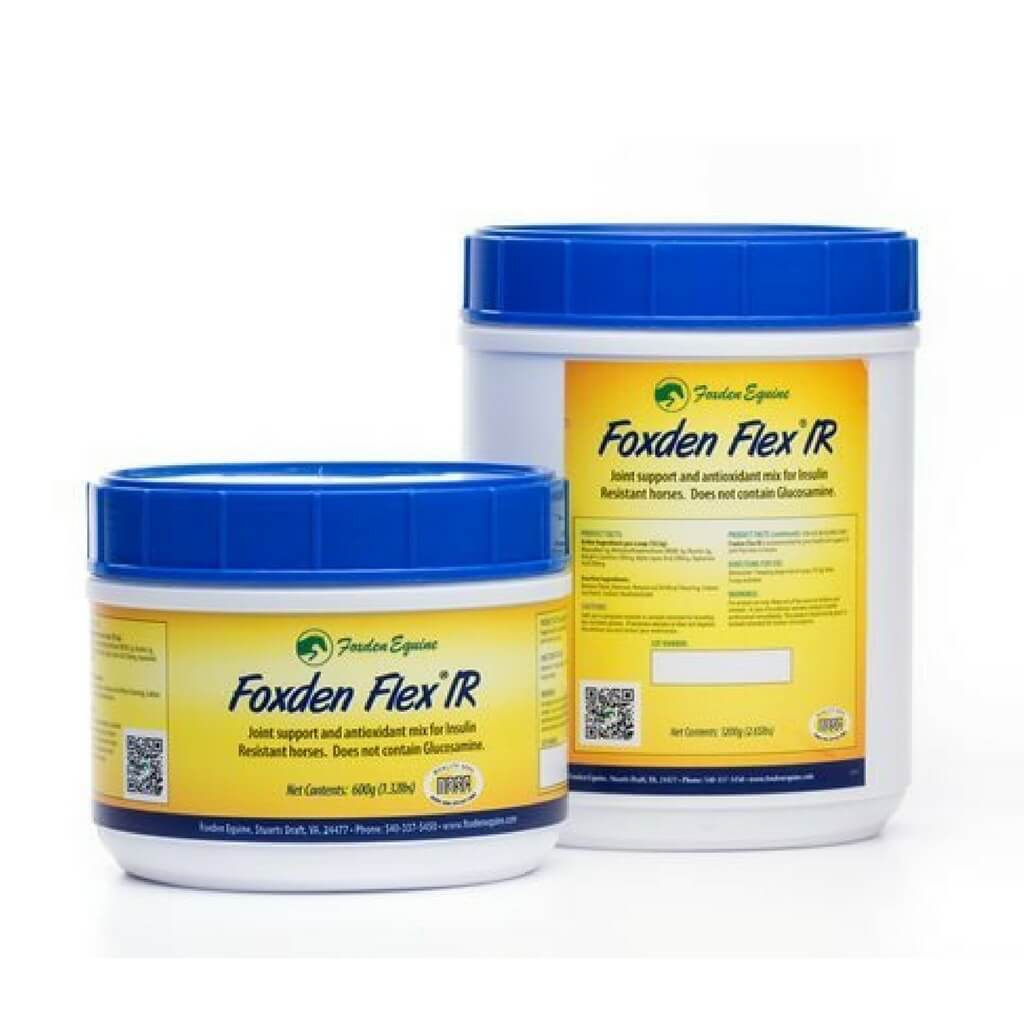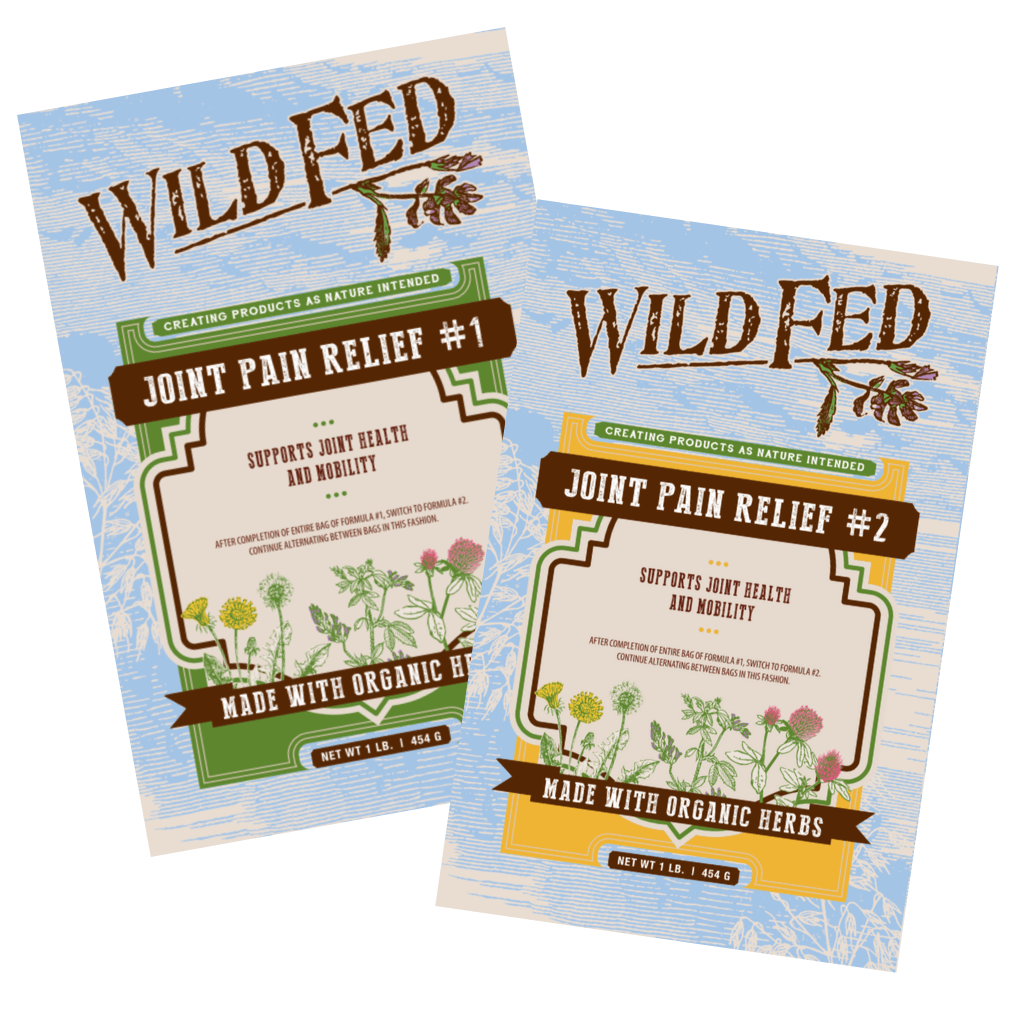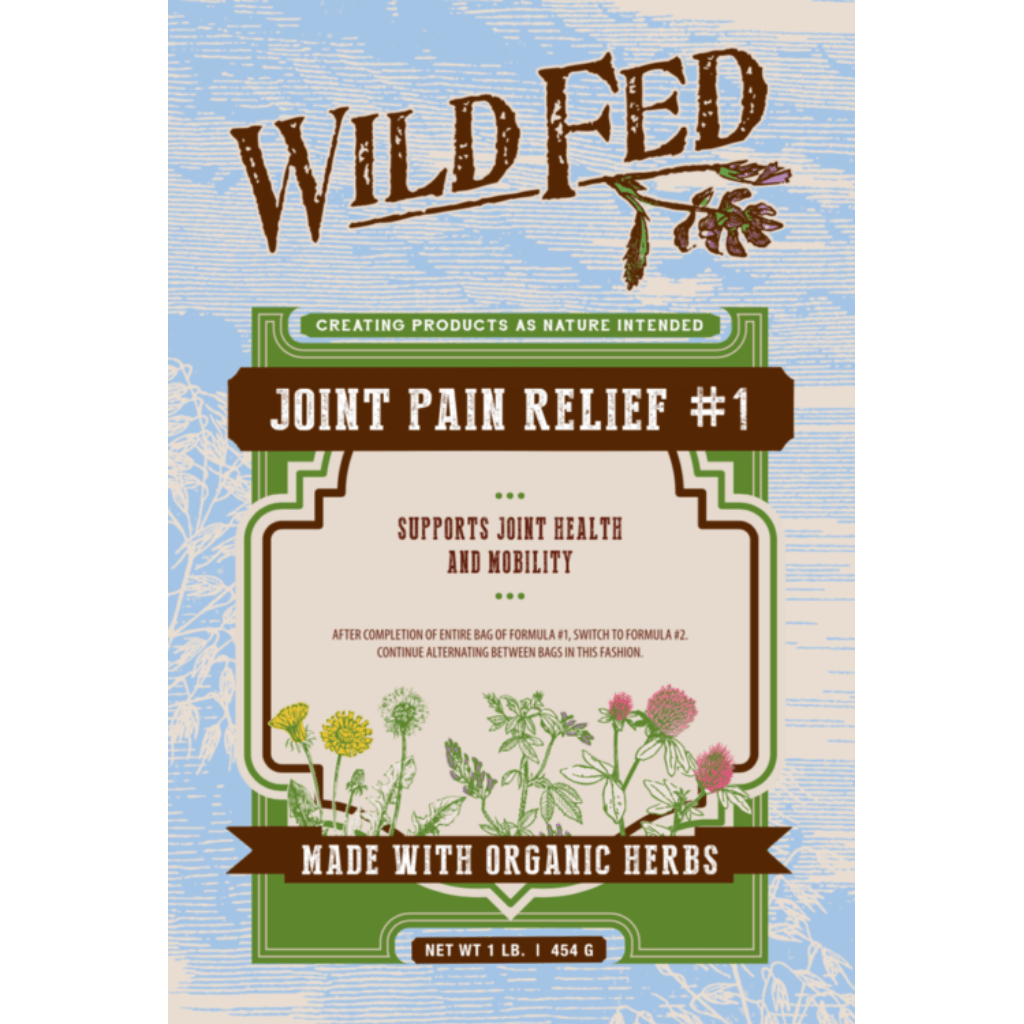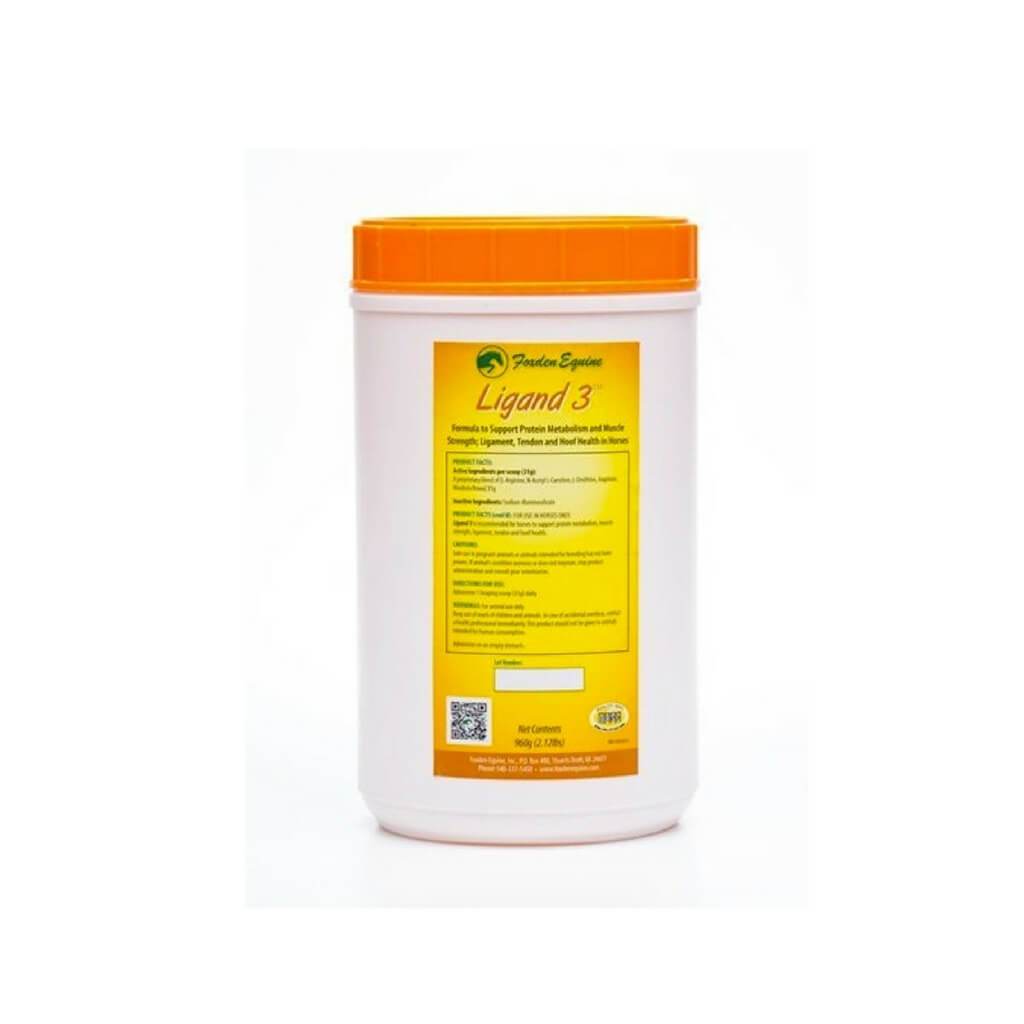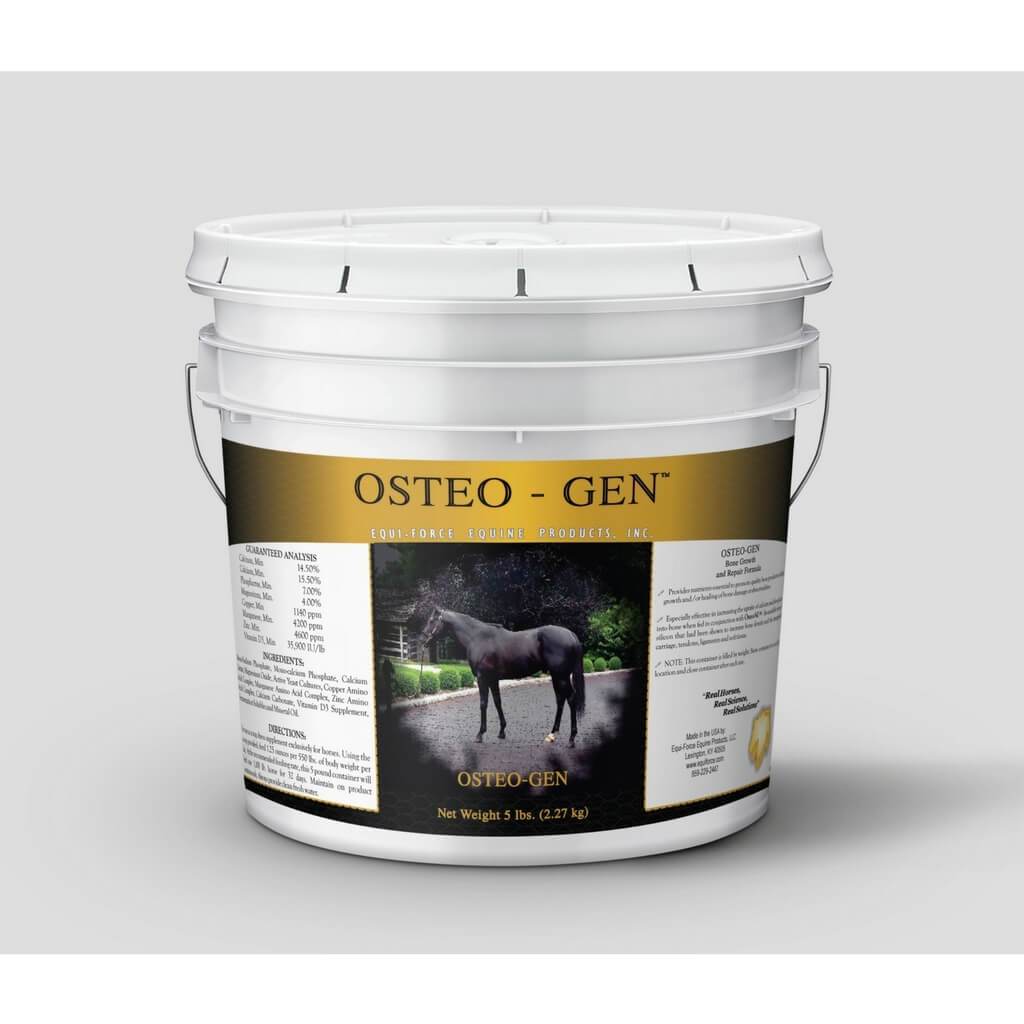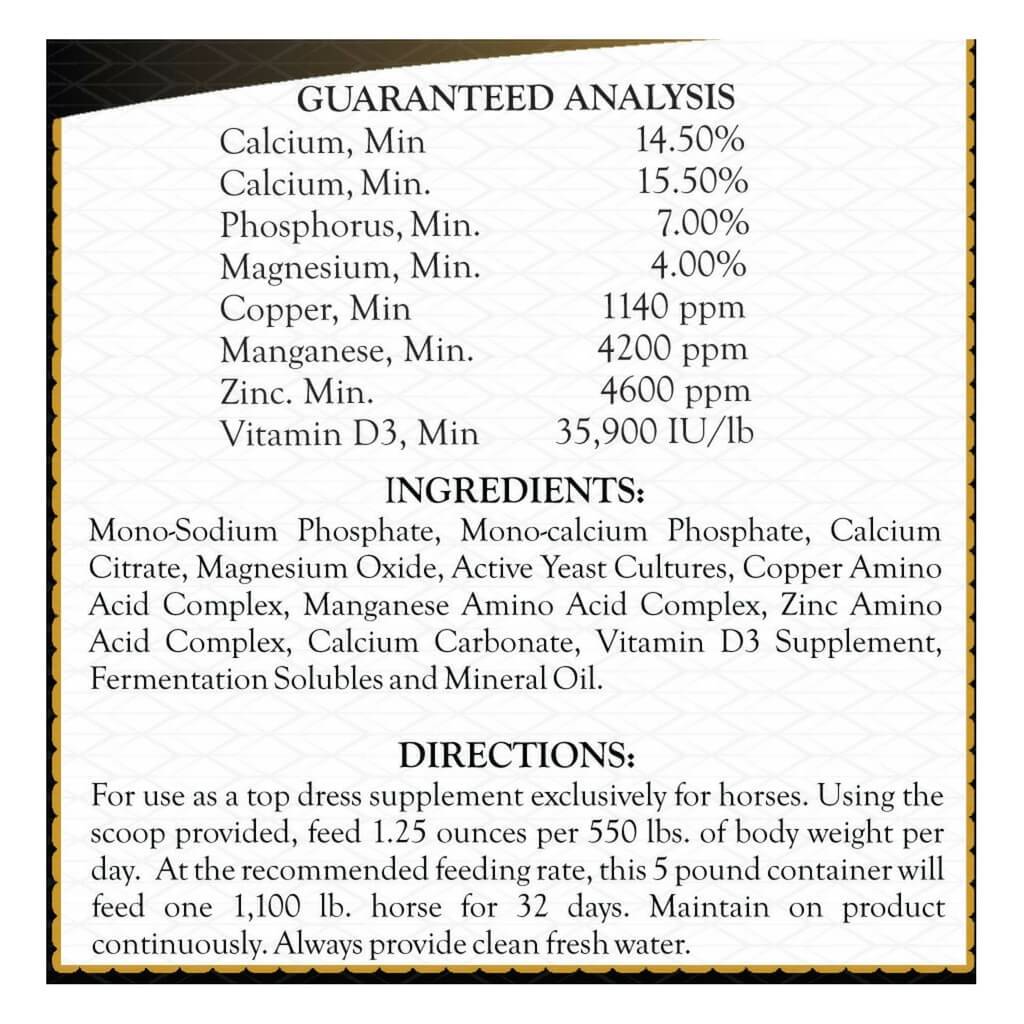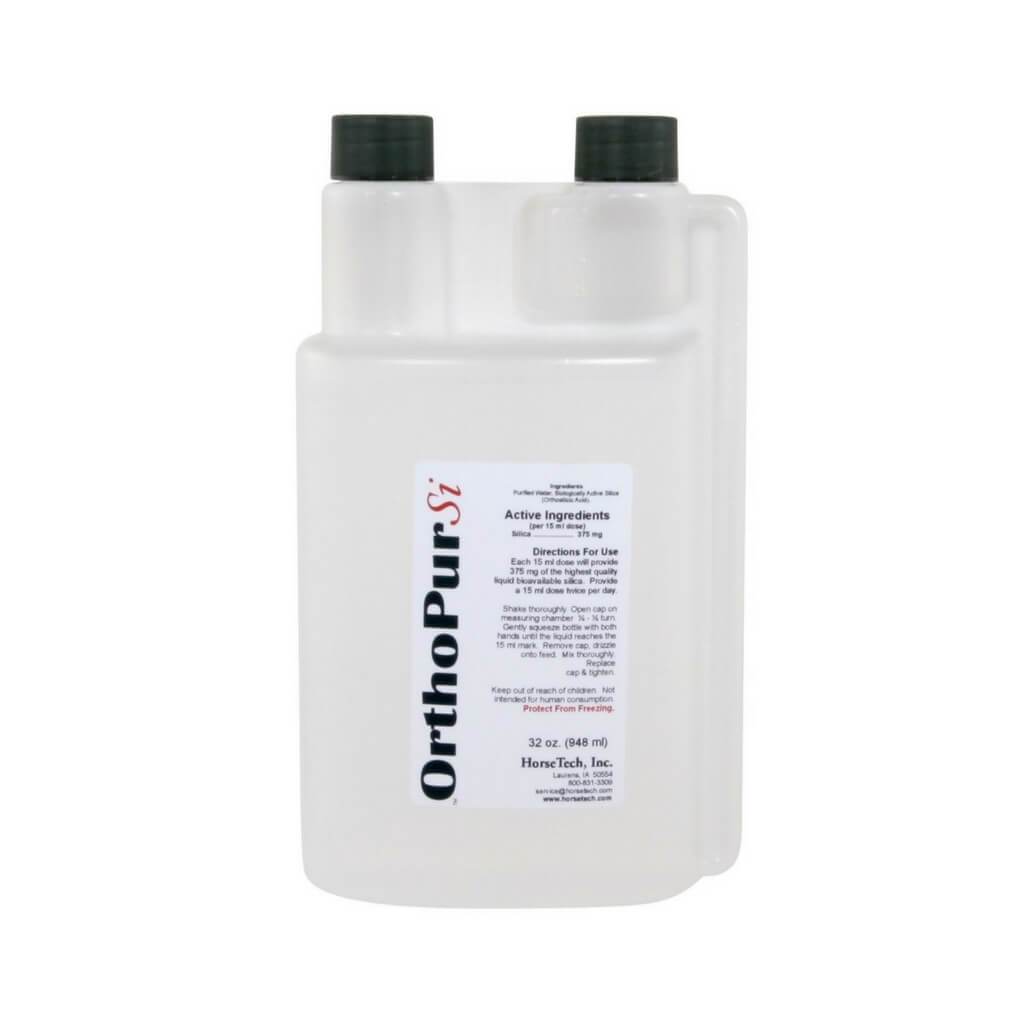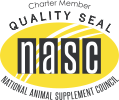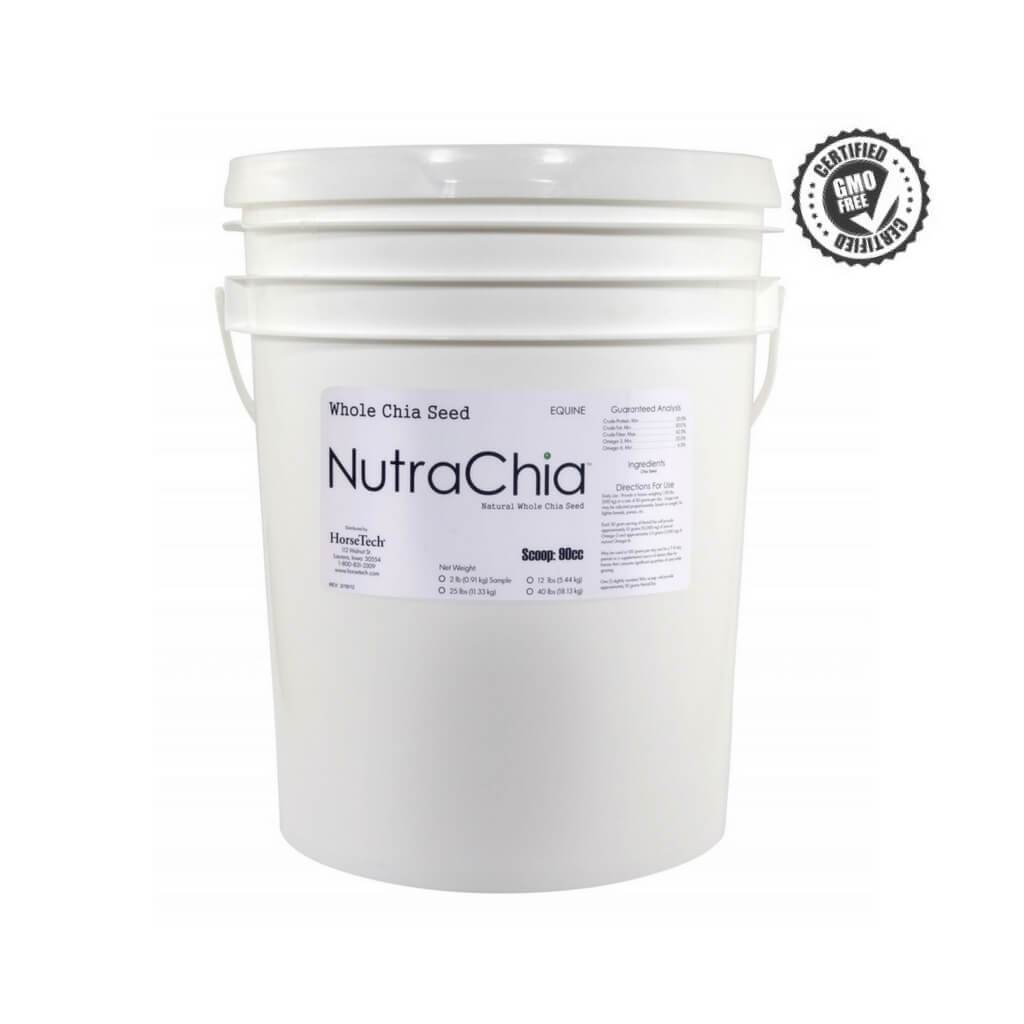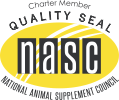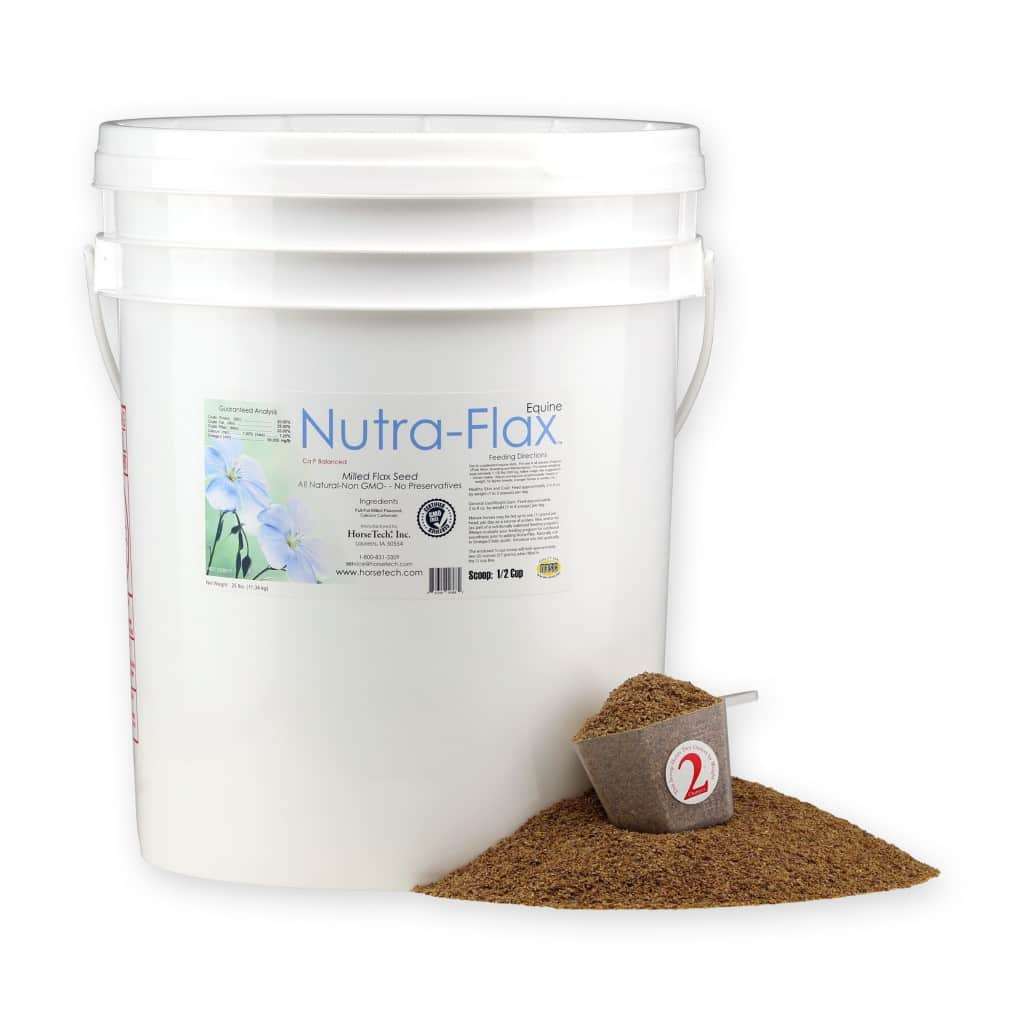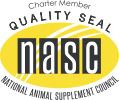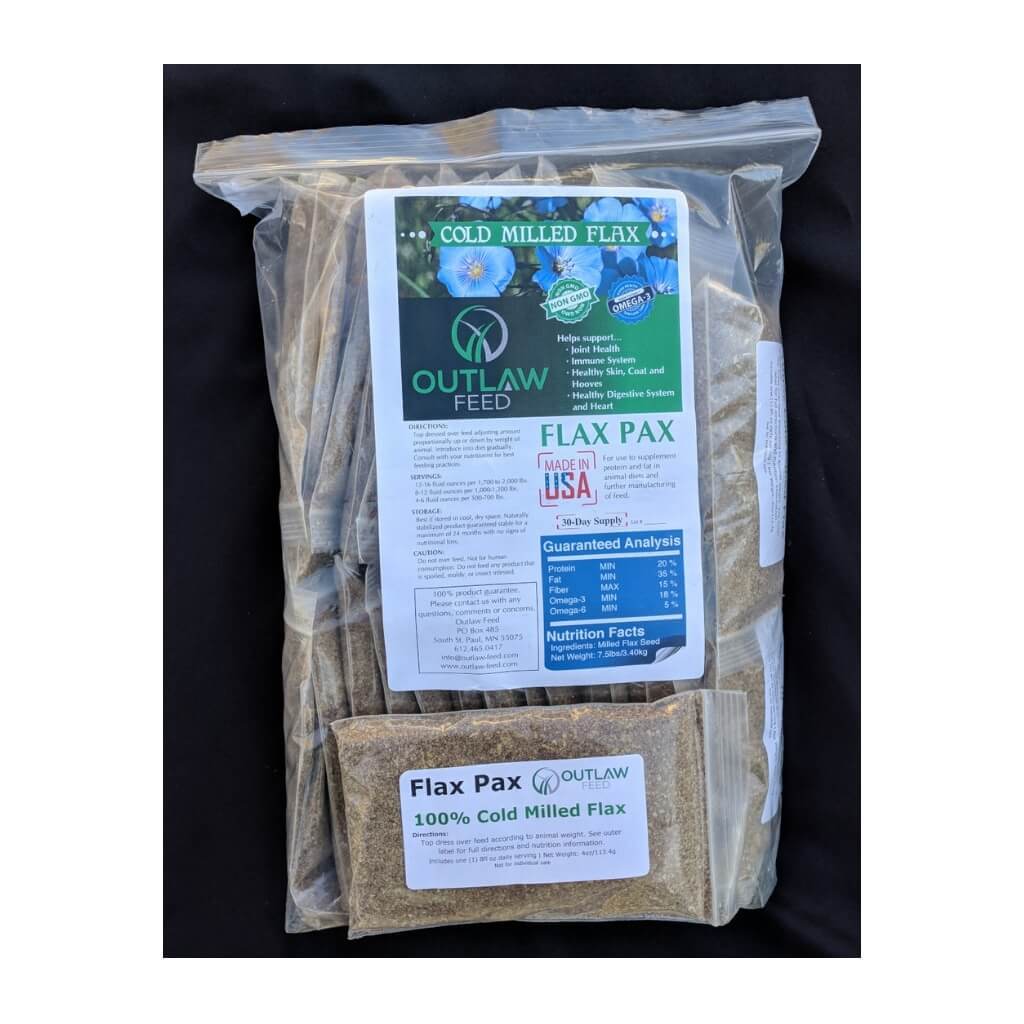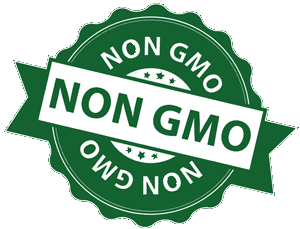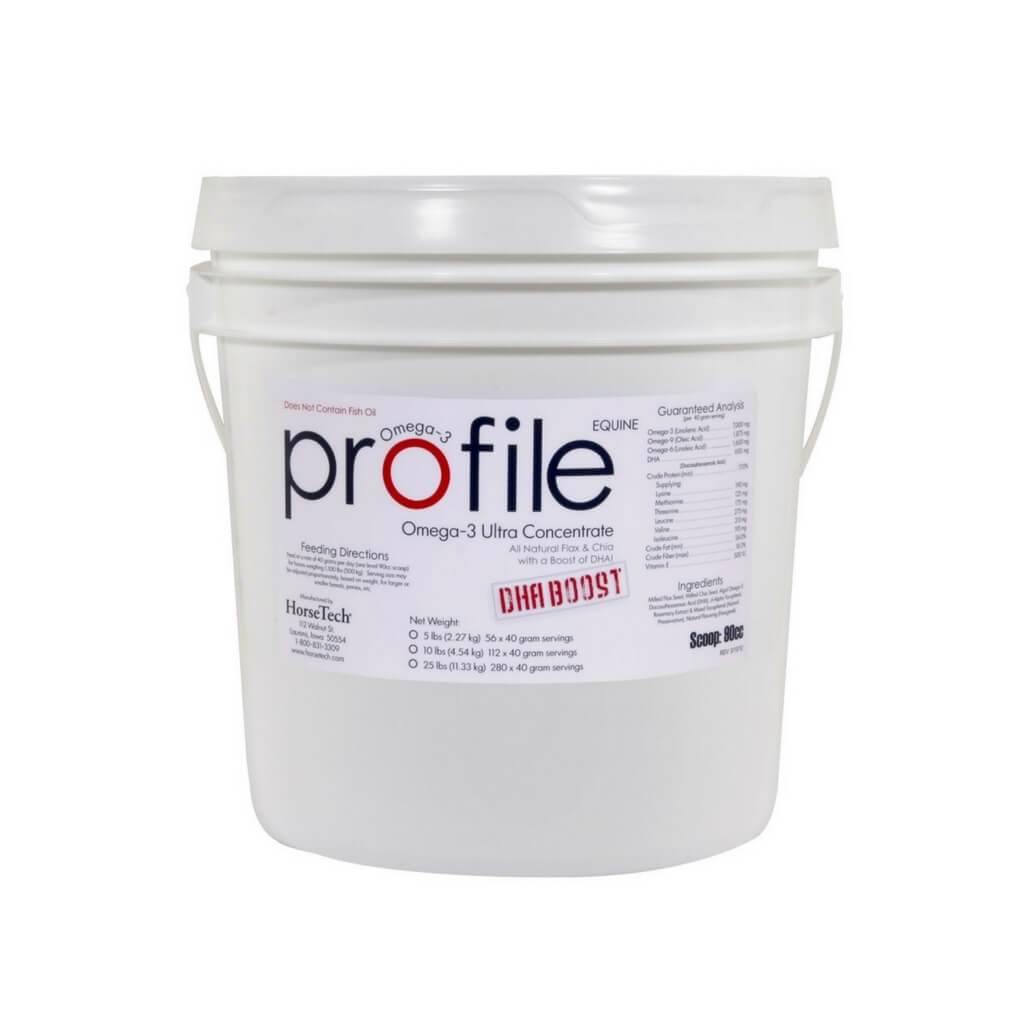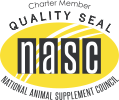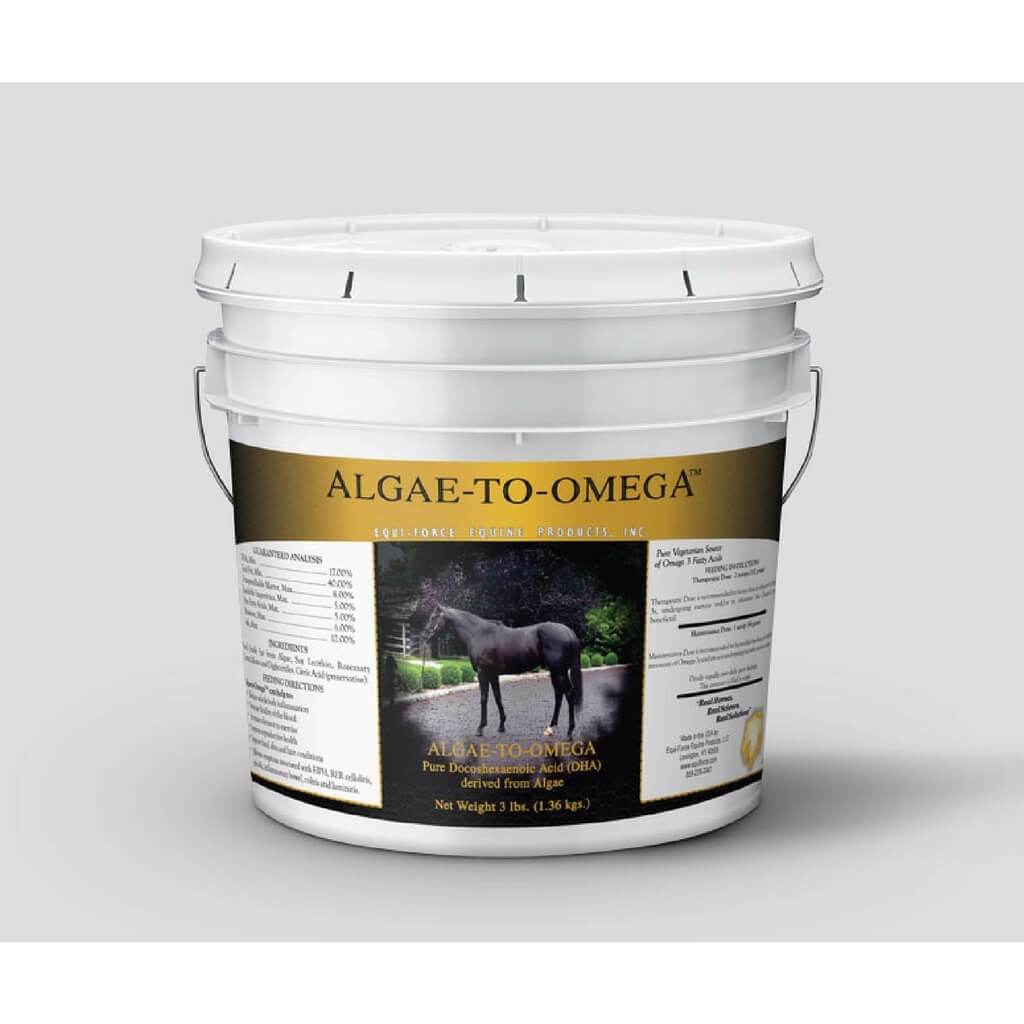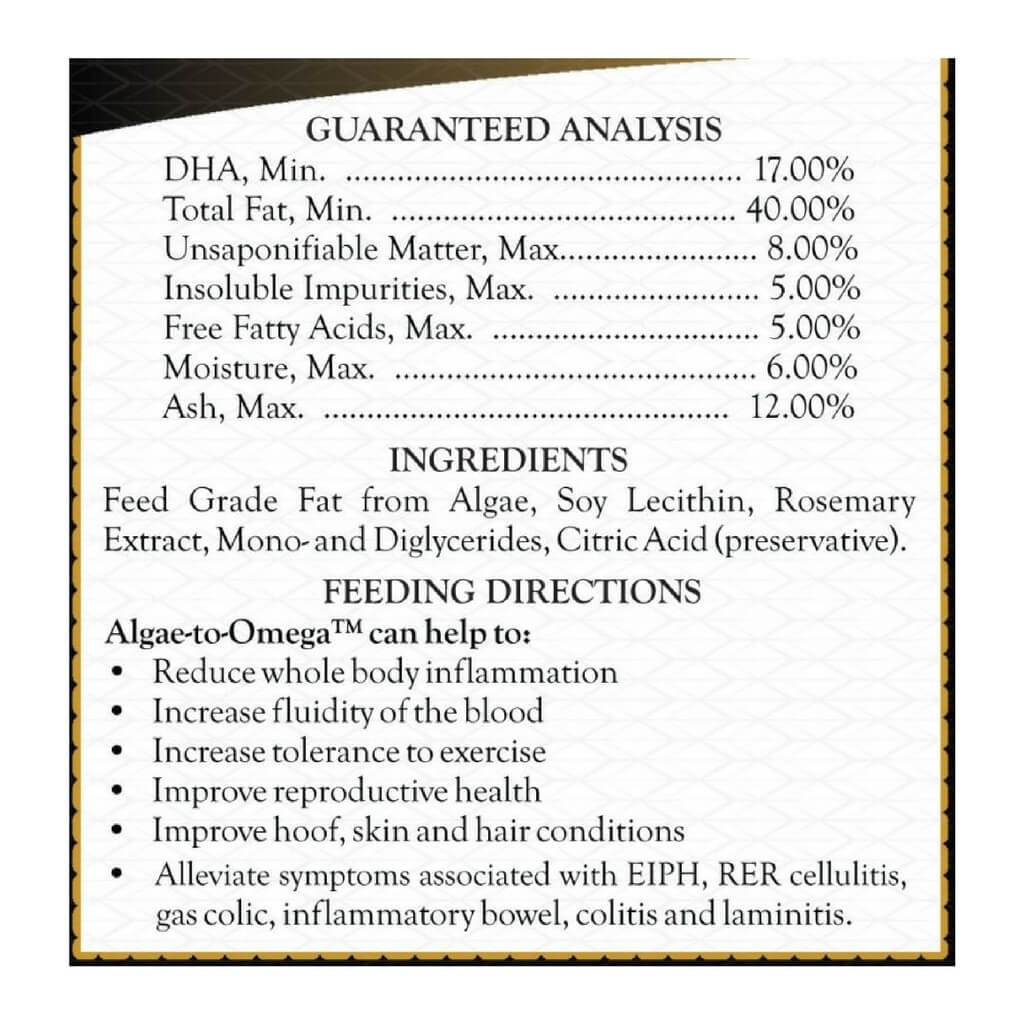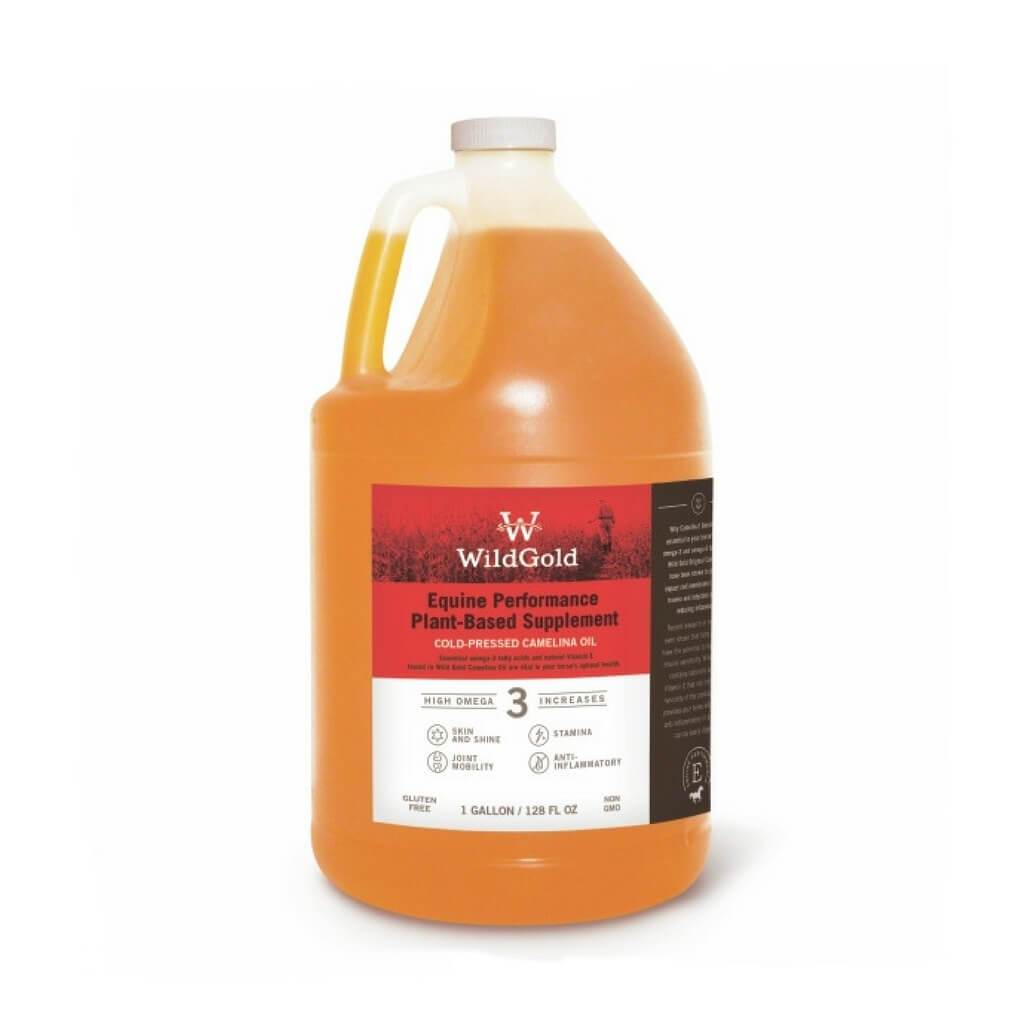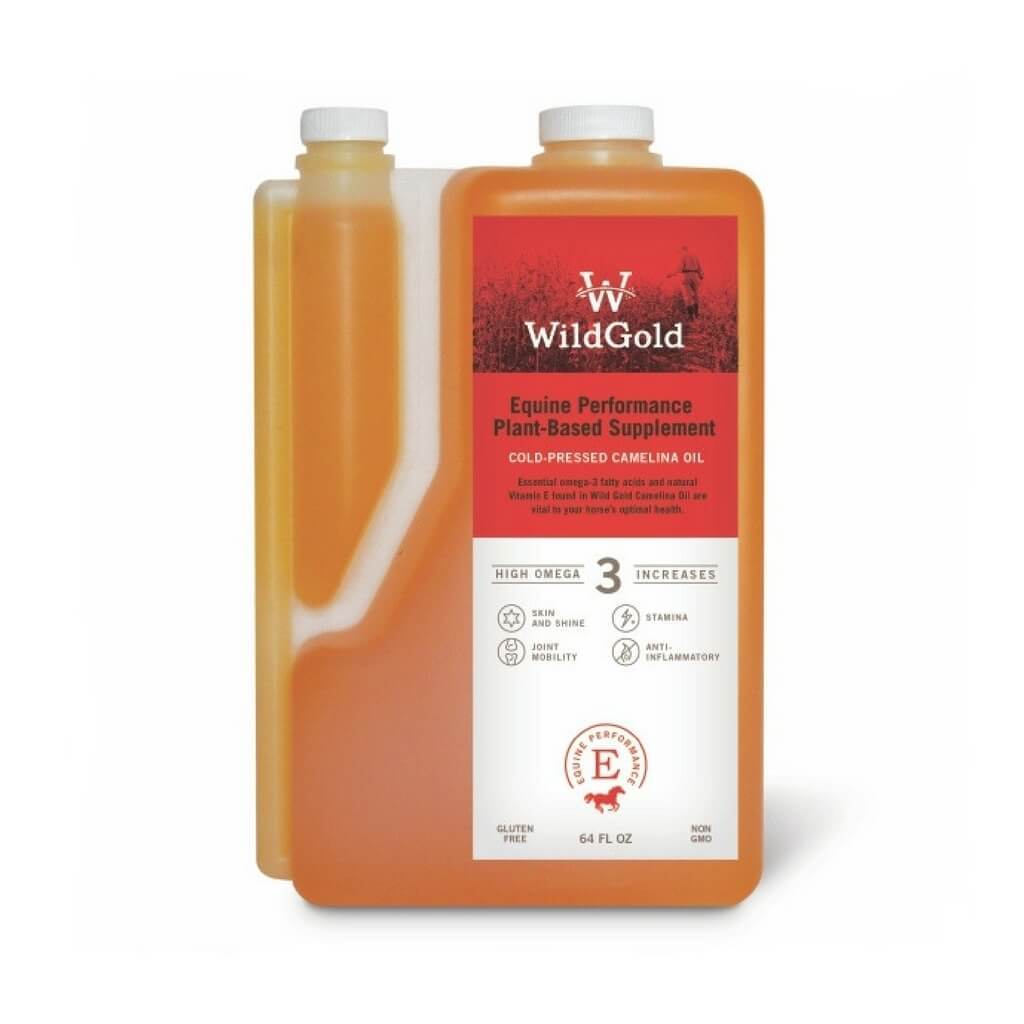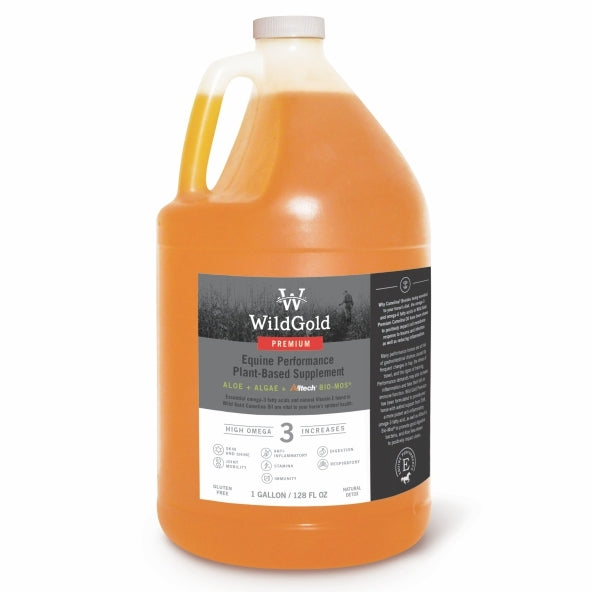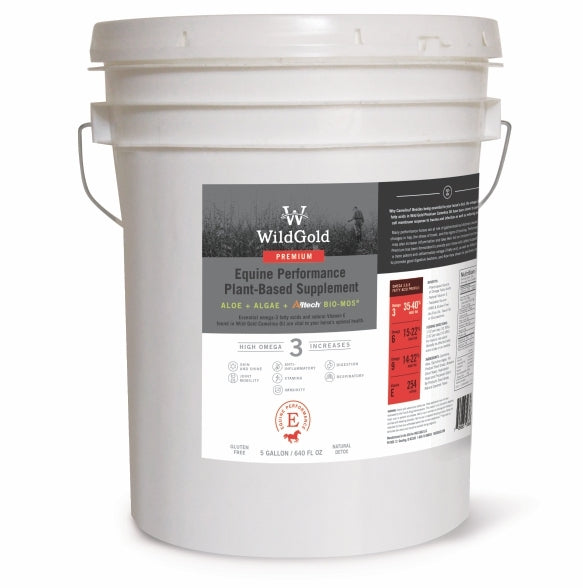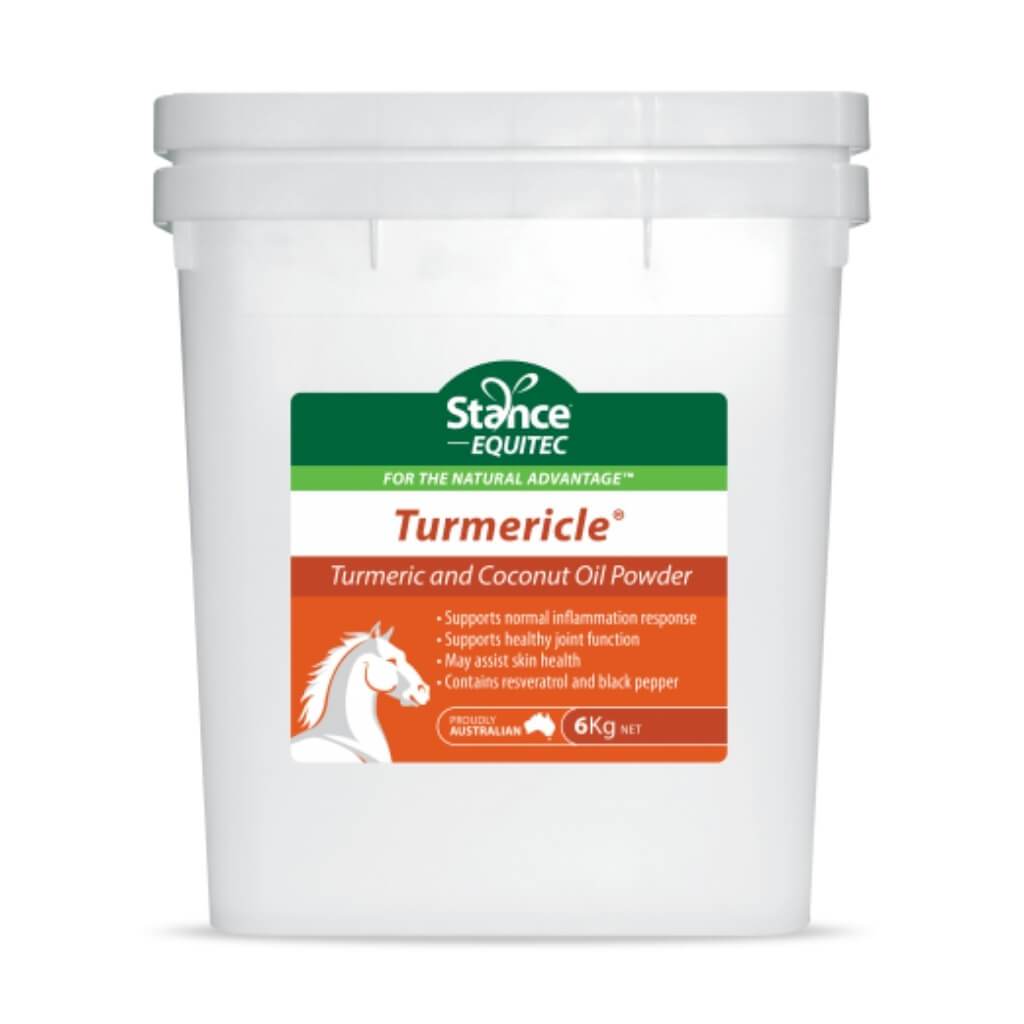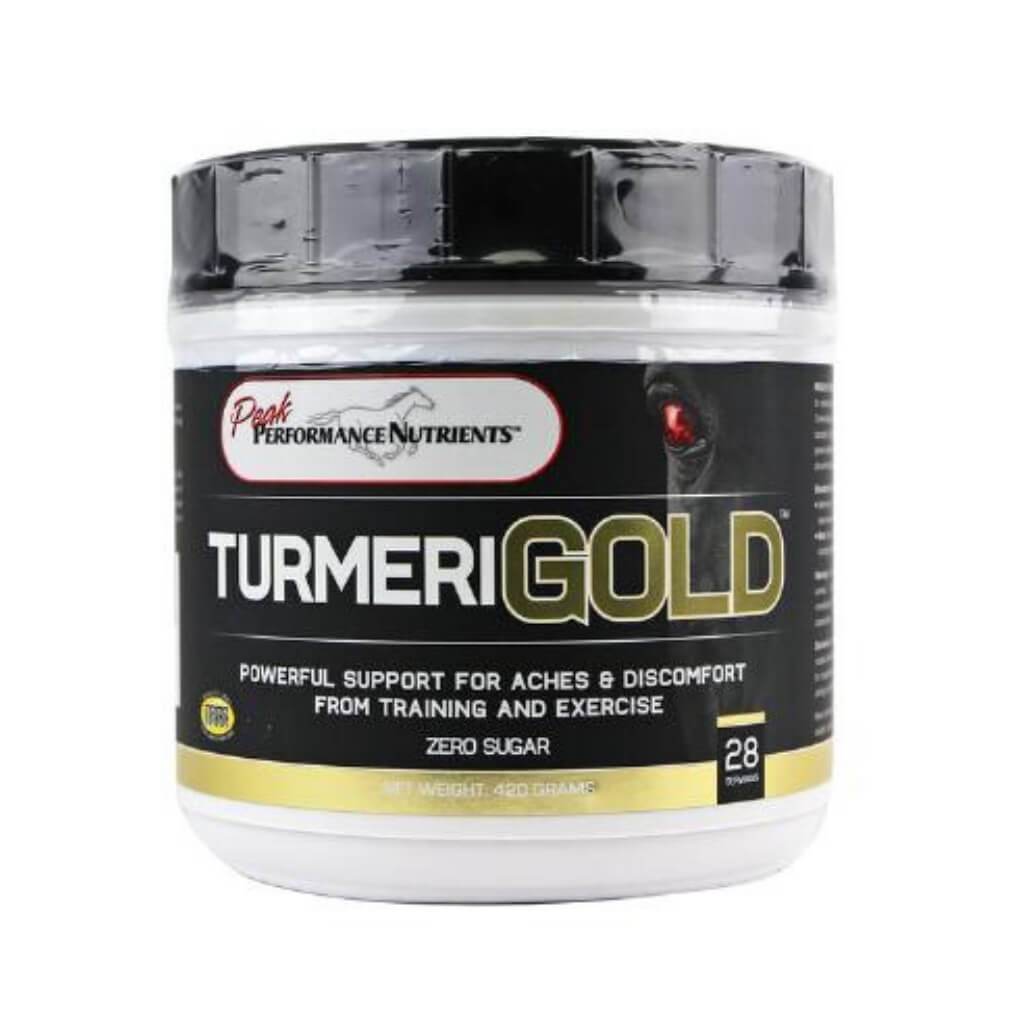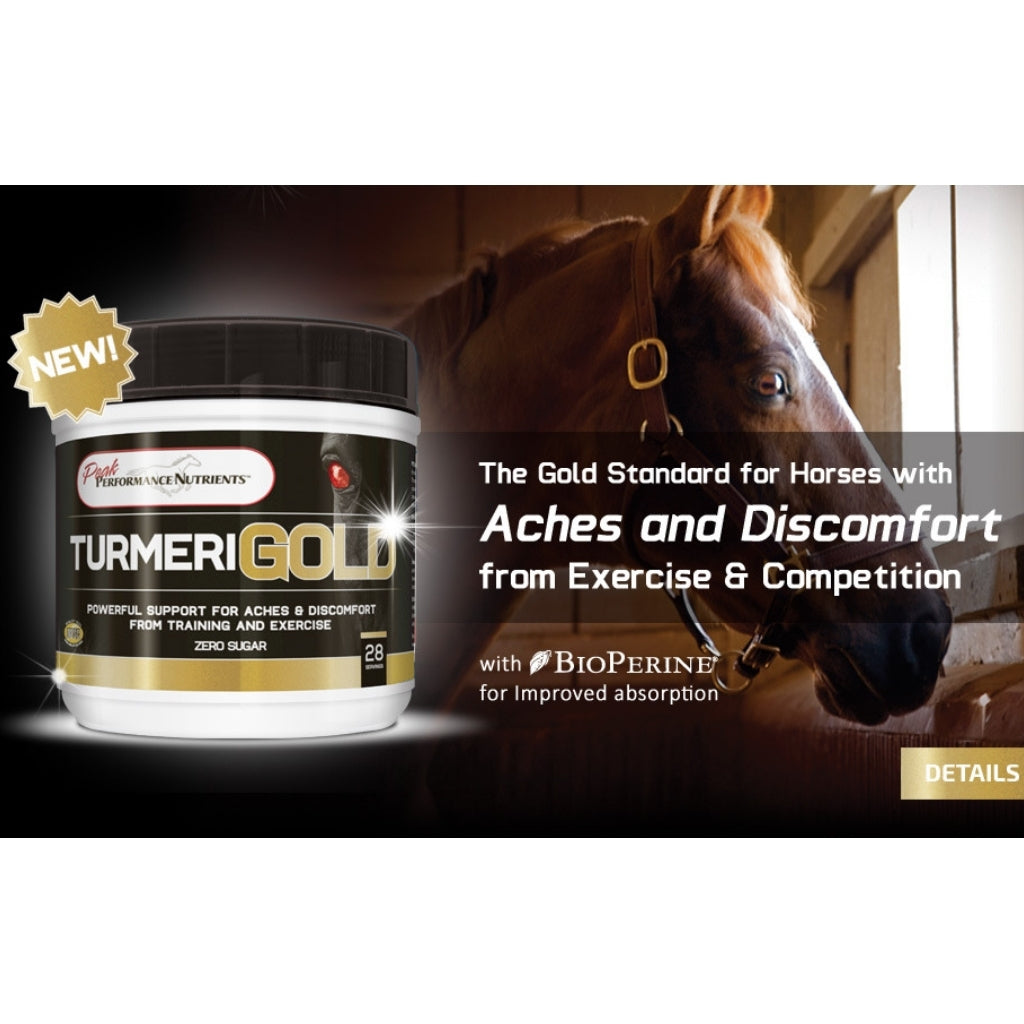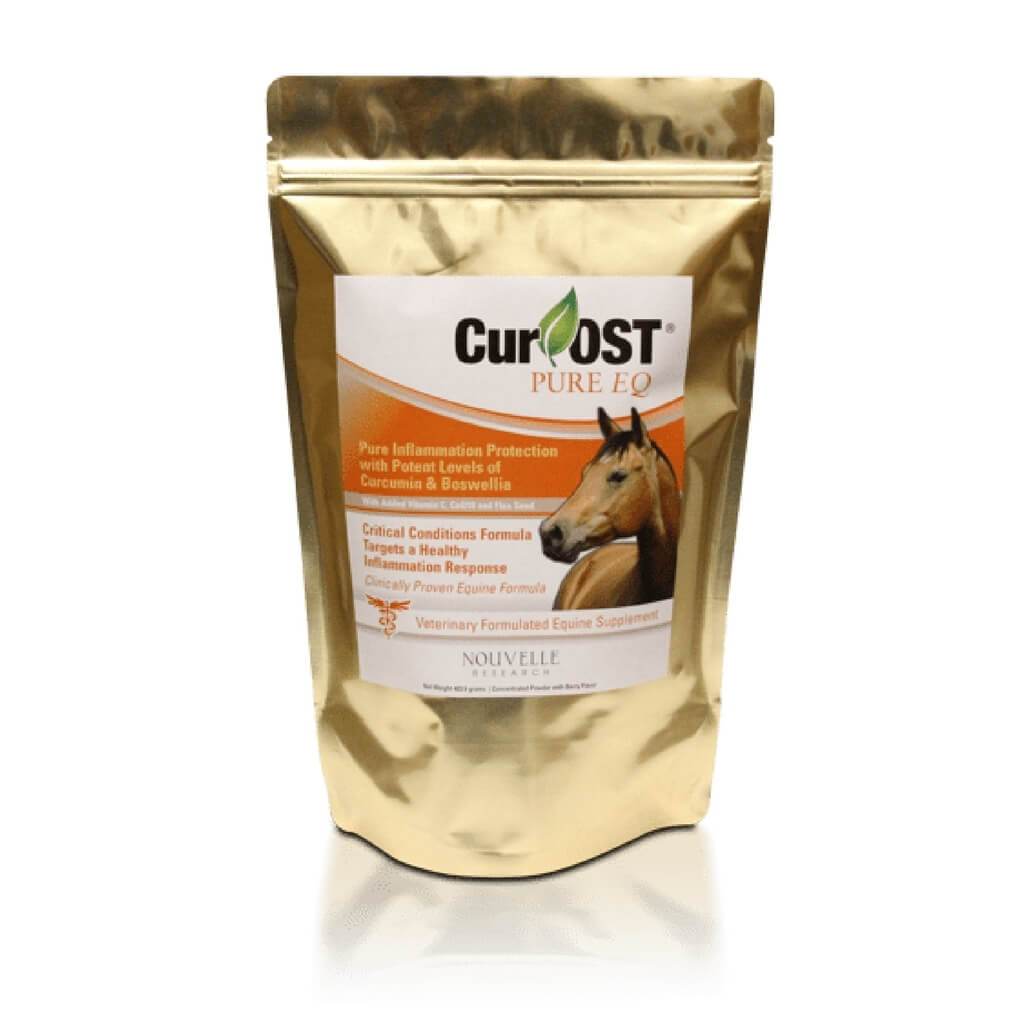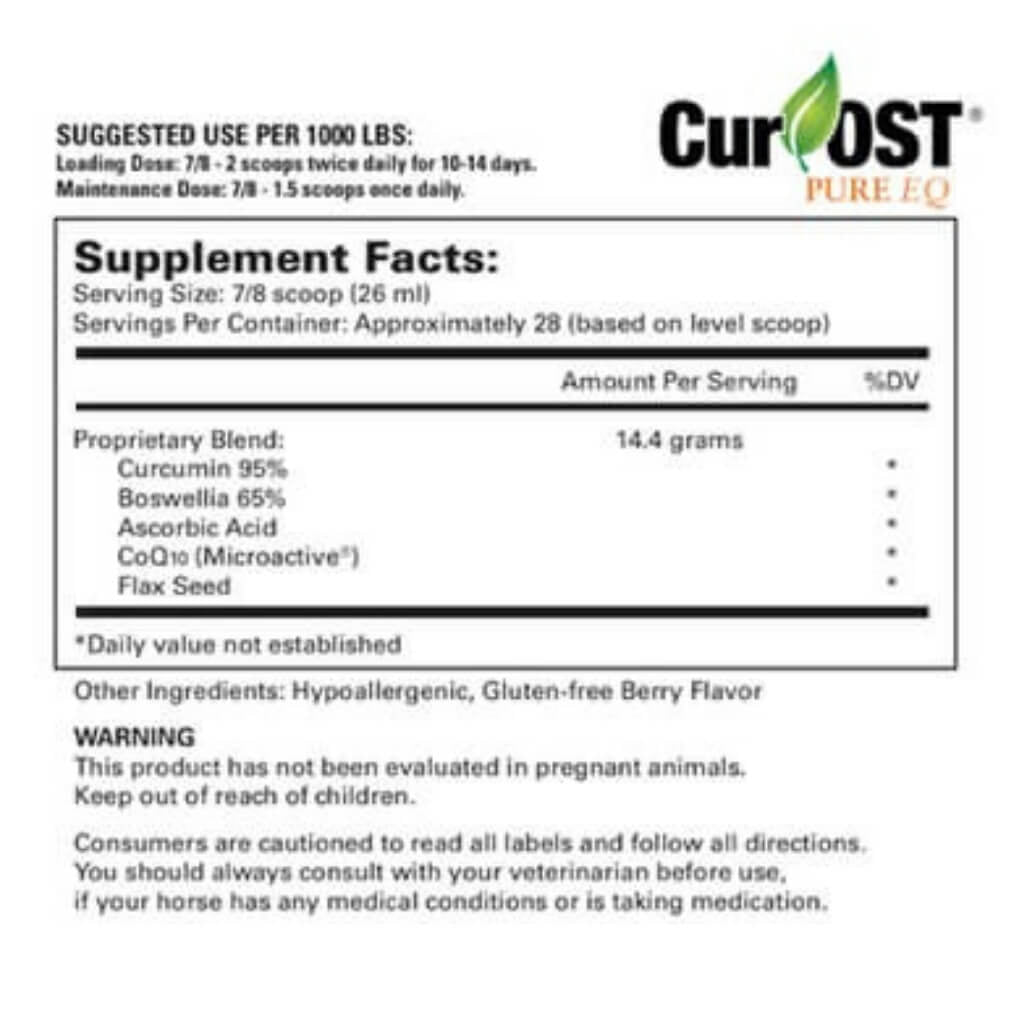Aging - Advice from Dr. Getty

The aging horse has so much to offer: wisdom, experience, and confidence, to name but a few attributes. Helping him grow old in good health and with dignity is a gift every horse owner hopes to be able to bestow.
How old is old? By today's standards, a lot older than it used to be. It used to be that horses in their early teens were considered old, especially is they were working very hard. Today, a horse in his late teens, and even well into his 20s, can fool people and not look anywhere close to their age, while living very useful lives. And it's not all that uncommon to see horses live well into their 30s.
Horses have health issues as they age, including:
- Weight changes, both overweight and underweight.
- Digestion inefficiency
- Compromised hindgut bacterial population (microbiome), leading to suppressed immune function
- Pain and inflammation, typically from aging joints
- Increased likelihood of developing PPID, which can lead to muscle loss, increased susceptibility to infections, and laminitis
- Loss of muscle mass
- Reduced liver and kidney function
Your goals for keeping an aging horse healthy should include:
- Feeds should be low in NSC (non-structural carbohydrates) to protect against insulin resistance caused by obesity or equine Cushing’s disease.
- Extra calories can be provided by fat, but choose fat sources that are high in omega 3s.
- Avoid high soy products since they are highly inflammatory.
- Avoid added iron in feeds and supplements, especially in the case of insulin resistance or PPID.
- Supplement vitamin C starting in the late teens, unless the horse is insulin resistant (vitamin C increases iron absorption which exacerbates insulin resistance).
- Provide a good pro/prebiotic along with digestive enzymes.
- Offer meals that are easy to chew, due to reduced saliva flow and possible tooth loss.
- Regularly examine teeth, and schedule relevant blood tests to ensure healthy kidney and liver function.
Please refer to the following specific advice pages if your horse also suffers from any of these conditions:
Articles and Resources by Dr. Juliet Getty
How to Choose an Appropriate Supplement
Ideally, aging horses should not be kept in stalls and should have access to pasture to graze on at-will. During colder seasons, when hay is the main source of forage, it will require supplementation to fill in the nutritional gaps found in hay. The other supplements you choose will be based upon what areas of your horse's health require specific attention.
Below you'll find eight (8) areas that require attention for the aging horse. Beneath each area are supplement suggestions.
1. Protecting joints from accelerated damage
While arthritis is not reversible, it is a progressively worsening disorder. many supplements can make a difference in slowing down its progression. Sometimes finding the right joint supplement takes a bit of trial and error since they each have their own distinct formulations. Consider the following joint supplements:
- Actiflex. (Powder, Pellets, or Liquid). A highly effective, economical choice that offers more than the standard joint supplements, with high levels of glucosamine, chondroitin sulfate, hyaluronic acid, vitamin C, as well as Boswellia and Perna canaliculus, and Bioperine. The powder and pellets provide the same formula. The Senior version has extra fat and probiotics. The liquid offers yucca for added palatability as well as Bioperine for maximum absorption. It is a good idea to start with one of these if you haven't used a joint supplement before.
-
Hylasport CTS. The CTS offers extra support from collagen and grape seed extract, a known anti-inflammatory antioxidant. These ingredients may be more helpful for some horses.
- Hylasport CMO. When traditional joint supplements are not as effective, consider adding the cetyl myristoleate found in this product.
- Fore Joint and Fore Allstar. ForeJoint is a state-of-art preparation that offers a combination of ingredients, including curcumin, egg membrane, colostrum, and Benecell (nucleotides which promote new tissue growth). This supplement is one of the most comprehensive equine joint and ligament products available. Fore Allstar includes ForeJoint as well as other support for respiration and digestion. These two supplements are for horses who have significant arthritic progression.
- LubrisynHA (with or without MSM). Offers a high molecular weight source of hyaluronic acid (HA). HA is the main constituent of joint fluid and works by improving the quality of synovial fluid to cushion and lubricate your horse's joints. Excellent to use in conjunction with other supplements or by itself.
- Flex IR. If you are concerned about adding glucosamine to your horse's diet because of metabolic conditions, this joint supplement is a good choice. Please note: glucosamine is generally not problematic for insulin resistant horses, so if your horse is doing fine with a standard joint supplement that contains it, there is no need discontinue it. However, if you are wanting to get very aggressive in your treatment, Flex IR is an effective choice, offering lipoic acid, acetyl-l-carnitine, and high amounts of hyaluronic acid.
- Wild Fed Joint Support #1 and #2. When your horse has been on the same joint supplement for a long time, it may not work as well. These herbal products are clean and human grade. Formulas 1 and 2 are designed to be used together, each having different herbs. By alternating Joint Support # 1 and # 2, your horse will reap the benefits of all 11 herbs without adapting to just one formula.
2. Ligament and bone support
All of the above joint supplements can be beneficial for ligaments. But years of wear and tear, as well as mineral depletion of bones, can make your horse less limber and prone toward bone breakage. In addition to a joint supplement, you may wish to add one of these supplements to the diet:
- Ligand 3. Contains adaptogens and antioxidants to support working muscle and connective tissue while reducing inflammation and muscle soreness. This can be fed in addition to all of the above joint supplements (except FlexIR).
- Osteo-Gen. Supports equine bone and cartilage development and repair through bio-available calcium, phosphorous, manganese, zinc, and vitamin D. Consider this if your horse has had a bone injury or has weakened bones due to neglect.
- Orthopur Si. This is a good way to add organic Silica to the diet. This mineral is essential for collagen formation, making it helpful for joints as well bone and ligament health. It can be fed with any of the above joint, ligament, and bone support preparations to provide an extra boost.
3. Adding essential fatty acids to the diet
There are two fatty acids that are considered "essential," meaning that they must be in the diet each day because the horse's body cannot produce them. They are called Linoleic acid (an omega 6) and Alpha Linolenic acid (an omega 3). Fresh, healthy pasture grasses provide these, but as the growing season wanes and horses rely on hay, they must be supplemented. Supplementation choices include chia seeds, ground stabilized flax seeds, algae, and oils. Consider the following:
- Chia seeds choices:
- Stable Feed Organic Chia Biscuits and Loose Form (formerly Chock Full'a Chia Biscuits). Highly palatable Chia Biscuit that can be fed like a treat. They come in a variety of flavors, some offering medicinal support for immune function, insulin resistance, or digestive health. And they contain a special hole for administering medication. Non-GMO and certified organic.
- Nutra Chia. Loose chia seeds that can be added to your horse's meal. Non-GMO premium chia seeds, free of pesticides and herbicides, offering approximately 10,000 mg of omega 3s in each 50 gram serving.
- Ground, stabilized Flax seed choices:
- Organic Ground Flaxseeds. Organic, human grade, clean source of ground flaxseeds. Cold-milled and grown in the USA.
- Nutra Flax. Food-grade, non-GMO, clean ground flaxseeds. The micronizing process lessens oxidation & rancidity. Calcium to phosphorus ratio is balanced. Has a two year shelf life.
- Flax Pax. Cold Milled Flax in individual 4 oz (by weight) servings. Flax Pax takes the guessing out of having to measure portions or hauling around a large bag while on the road. Non-GMO. Made in the USA.
- DHA from algae provides a more aggressive way to add omega 3s to reduce inflammation, especially when the horse is in pain, or is insulin resistant from obesity of Cushing's disease. Choices include:
- Profile. Provides 7,000 mg of Omega-3s from chia plus ground flax, along with an extra boost of DHA (650 mg). Very palatable.
- Algae to Omega. Highly concentrated source of DHA, offering 5,000 mg of DHA per serving. Best for more aggressive approaches and alleviating obesity and other inflammatory conditions.
- Oils offer a concentrated source of calories for the horse who needs to gain weight. By choosing an oil that is high in essential fatty acids, you can accomplish weight gain by feeding the right kind of fat. Consider these options:
- Camelina Oil. Non-GMO and glyphosate-Free. Cold-pressed, plant-based, camelina oil also has naturally occurring natural Vitamin E. Wonderful for the horse who is on a hay-based diet.
- Camelina Oil Premium. Enhanced camelina oil offering support from DHA, as well as Alltech's Bio-Mos to promote good digestive bacteria, and Aloe Vera, shown to positively impact ulcers.
- Hempseed Oil. This oil is unique in that it has both essential fatty acids, as well as Gamma Linolenic Acid (GLA), which reduces inflammation. When feeding this oil, you may want to also add another source of omega 3s such as chia or flax seeds to bring the omega 3 to omega 6 ratio into better balance.
4. Relieving pain and inflammation
General aches and pains from joint and muscle soreness are a part of growing older. Three of the most effective nutraceuticals for relieving pain are turmeric, CBD, and yucca. These may eliminate the need for bute or firocoxib (Previcox or Equioxx). In cases when a bute-less pain reliever is needed on a short term basis, there are two preparations below that you may find helpful.
- Turmeric pain relievers:
- Turmericle. Powdered blend of two varieties of turmeric, black pepper and resveratrol, a potent antioxidant to further reduce inflammation. It is combined with Stance Equine's powdered coconut oil.
- TurmeriGold. Uses a highly concentrated, extracted turmeric in a ground flax seed base. Choose this when looking for a combination product of turmeric along with omega 3s from ground flax.
- CurOst EQ Pure Critical. This is the most aggressive pain reliever from turmeric. It offers both highly bioavailable curcumin (active ingredient in turmeric) along with Boswellia to target those horses in need with critical conditions. Also contains potent levels of Vitamin C and CoQ10 to combat oxidative stress, in a ground flax seed base.
- CBD (this link takes you to another website). Offered in pellets as well as tinctures, products and their descriptions can be found at https://gettycbdhealth.com (this link takes you to another website) CBD has been researched extensively in humans and laboratory animals to offer significant pain reduction. It also reduces anxiety, which can be higher during painful circumstances or injury recovery.
- Yucc-it-Up. These nuggets are tasty and can be fed like a treat. They come in six varieties, depending on your horse's needs. The herb, Yucca schidigera, is a potent pain reliever and is often found in buteless pain reliever preparations.
- Buteless pain relievers:
- Stop the Pain. A tasty liquid that can replace or lessen the use of bute. It contains Devil's Claw Extract for pain relief and Yucca Extract as an anti-inflammatory, Can be used for as long as needed without the risk of gastric upset or ulcers forming. However, Devil's claw should not be fed if your horse has an existing ulcer. It is also not safe for pregnant mares.
- Su-Per Substitute. More powerful pain relief than Stop the Pain, but not as tasty. Stronger because it contains additional ingredients including MSM, willow bark, and blend of Devils Claw, MSM, Yucca Extract, Salix Alba (willow bark), grape seed extract, ginger root, and other herbal extracts. Since it contains Devil's claw, it is not recommended for horses with existing ulcers or for pregnant mares.
5. Promoting healthy digestion
To ensure your horse gets the nutrients he/she needs, it is imperative that the digestive process is in top shape. Adding colostrum, digestive enzymes, prebiotics, or specific herbs will allow for efficient digestion and a healthy microbiome. Consider these digestive support supplements:
- Equine Gold. This is a premium PRO biotic, containing Saccharomyces cerevisiae (active, dry cell yeast) and digestive enzymes that are especially helpful for the aging equine. The total microbial count exceeds 50.4 Billion CFU/oz. Palatable and economical granular form.
-
Colostrum. This super-food offers tremendous benefits to the gastrointestinal tract. Colostrum is an all-natural, multi-purpose nutritional ingredient that offers a healthy boost to an animal's overall health. With over 70 Growth Factors and over 80 Immune Factors including Transfer Factor this whole food is a powerhouse of cellular, tissue, GI tract, and immune support.
- ForeDigest. Since it is colostrum-based, it offers all the benefits of colostrum as well as a unique blend of organic ginger root, organic papaya, equine specific enzymes, an equine specific probiotic/prebiotic blend, colostrum and BeneCell™. These ingredients together support gastric health, intestinal function and digestive efficiency while providing proper nutritional balance.
- GastroPlex. This is a pelleted preparation that offers antioxidants, probiotics and herbs to help support healthy stomach tissue lining and may help ease occasional discomfort. It can be added to Colostrum, especially in cases where the horse has ulcers or evidence of leaky gut syndrome.
- Amiquell. This is another excellent herbal preparation that is in a powdered version. It contains turmeric, which is especially good for pain relief, but some picky eaters may object to its taste. High in pre and probiotics, as well as stomach soothing herbs and amino acids.
- GI Bloom. This prebiotic is wonderful for horses who are on antibiotics, experiencing diarrhea, or appetite loss. It increases microbial mass and helps maintain gastrointestinal homeostasis through the addition of Lactobacillus reuteri when the horse is needing to be on antibiotic therapy.
-
Wild Fed Stomach Soother. Repairs damaged tissues from past or current ulcers., so the ulcer does not continually return. Powder contains all organic forms of Marshmallow root, Chia, Kelp, Chamomile, Licorice Root, Anise, and Meadowsweet.
- Equi-Otic. This is a special product that is appropriate for a horse who is imbalanced by stress, poor diet, toxic environment, excess antibiotic usage, and is experiencing exessive gas and perhaps diarrhea or fecal liquid. It regulates the surface bacteria with equine sourced Lactobacillus reuteri and Saccharomyces boulardi and is an equine-sourced immunoprobiotic. It has been shown to be effective in killing salmonella and other pathogens while keeping normal gut flora intact.
6. Boosting immune function
As your horse ages, he/she can become more susceptible to infections due to immunosuppression from Cushing's disease, leaky gut syndrome, suppression of liver and kidney function, oxidative stress, or stressors, both physical and mental. A healthy microbiome in the hindgut is essential to proper immunity, as well as adding key nutrients. Consider these products:
- C-442. Vitamin C production diminishes as horses age, so it is often helpful to add some to the diet (except with insulin resistance and Cushing's disease because vitamin C increases iron absorption, which exacerbates elevated insulin). C-442 is a buffered Ascorbic acid, making it easy on the stomach. Provides easy measuring for smaller doses. Vitamin C is an antioxidant, thereby neutralizes free radicals to protect immune function. It is also needed for collagen development, so it provides protection of joints, bones, and connective tissue.
- Ester C. Another version of vitamin C to consider. Ester C is a patented ascorbate complex bound with Calcium Carbonate. Naturally processed in purified water without the use of alcohol or acetone solvents. This makes Ester-C® a more readily absorbed form of Vitamin C. This product is good for horses who require a larger daily dose since one scoop contains nearly 15,000 mg of vitamin C.
- CurOst EQ Immune Full Spectrum. This product enhances immune function and supports tissue repair. Beneficial for EPM or Lyme’s disease support. It contains a patented Immune Assist Micron® mushroom polysaccharide blend with targeted amino acids to restore a healthy immune response, improving lymphocyte and NK cell activity. Choose this product to offer an aggressive approach in circumstances when your horse is suffering from infections, allergies, or disease states that suppress immune function.
- Colostrum. Offering colostrum benefits your horse in a variety of ways, including boosting immune function. It mainly protects the gastrointestinal lining against leaky gut, thereby preventing toxins from entering the bloodstream. It is a wholesome food for any horse to help him/her remain healthy.
-
Wild Fed Allergy Support. All organic, this formula is designed to reduce the allergic inflammatory response. The herbs in this formula are anti-inflammatory, rich in bioflavonoids and anti-oxidants and stop the histamine response. Horses often can get swollen underbellies due to an allergic response to biting insects. This formula can stop the allergic response and help to modulate the immune system to be less responsive.
- Daily Start. A basic pre and probiotic yeast (Saccharomyces cerevisiae) Lactobaccillus acidolphilus, and oligosaccharides (prebiotic) that boosts overall digestive health and protects the immune system due to its oligosaccharide component. This is a good choice for a horse who is grazing on pasture and therefore, obtains microbes from the ground, but could use a little extra support.
- Prolactic DFM. Great prebiotic containing both fructo- and manno-oligosaccharides, along with live microbes in high concentration. Supports immune function as well as digestive health.
7. Building muscle and promoting weight gain
This requires a three-fold approach:
First, the diet must provide enough calories. This is generally achieved by adding fat (see choices in Item #3).
Next, it is necessary that the protein in the diet be of high quality. By providing a variety of protein sources (not just pasture or hay), you are offering your horse a large amino acid pool from which to maintain and synthesize body proteins. There are hundreds of proteins in the body, including muscles, hooves, hair, joints, bones, and vital organs, as well as digestive enzymes, many hormones, and antibodies.
The last area of focus is the microbial population in the hind gut. These microbes are responsible for deriving calories from fiber.
- Products to boost protein quality:
-
Hemp Seed Hearts.
Organic (as well as Non-GMO) Hemp Seed Hearts from Getty Equine Nutrition are purely hulled hemp seeds, offering high quality protein plus high quality fat. (Similar to the formerly known "Hempseed Topping," only better.) Both Organic and Non-GMO versions are Human Grade. Highly palatable.
-
Organic Hemp Seed Meal. Organic Hemp Seed Meal from Getty Equine Nutrition is made by grounding whole hemp seeds and removing some of the fat content. This makes it a perfect choice for an overweight horse. It offers high quality protein, plus fiber in a palatable meal.
- Organic Hemp Protein 74%. Organic Hemp Protein - 74 Percent by Getty Equine Nutrition is made by extracting the protein from the hemp seed hearts and removing the fat, making it a concentrated, isolate to boost the protein content and quality of your horse's diet.
- Hemp Seed Pellets. Non-GMO Hemp Seed Pellets and Flakes from OutLaw Feed are made by grounding whole hemp seeds and removing some of the fat content. Provides high quality protein, plus fiber in a palatable pellet.
-
Nutra Amino. Of the 10 essential amino acids (those that the body cannot produce or cannot produce in adequate quantity) there are three than have been extensively studied: lysine, methionine, and threonine. This product boosts the amino acid content of your horse's diet and is beneficial to add to hay or pasture grasses that are not high enough in protein.
- BCAA (Branched Chain Amino Acids). Branched chain amino acids are the preferred amino acids used for muscular energy production and according to research studies, play an important role in fatigue management during exercise and recovery. If your older horse is still being worked or exercised on a regular basis, and is in need of more muscle mass, this is an excellent choice.
- Products to feed hind gut microbial population:
- Yeast Plus. This is a great place to start when trying to help your horse gain weight. It is an excellent source of both super concentrated active yeast and yeast culture. While the nutritional benefits of yeast culture are believed to be derived from metabolites that are residual to the fermentation process, live cell yeast is highly fermentative. The combination of yeast culture and live cell yeast will yield the best that each has to offer, so that fiber digestion can be maximized.
-
Equine Gold. Concentrated in live microbes (probiotics) as well as digestive enzymes. This is discussed in Item #5 on healthy digestion because it supplies the digestive enzymes that are diminished in the older horse.
- GutWerks. This product offers a super-concentrated probiotic /prebiotic package along with premium quality yeast culture and live cell yeast! Each serving provides over 20 billion CFU of live, naturally-occurring, beneficial microorganisms and 50 billion live Saccharomyces cerevisiae yeast cells. GutWerks also includes a prebiotic package (mannanoligosaccharides and fructooligosaccharides), all on a super-palatable Diamond V yeast culture base.
8. Filling in nutritional gaps
Fill in the nutritional gaps that exist with a hay-based diet by providing a good vitamin/mineral supplement. If you are feeding a fortified commercial, you must feed it according to directions in order for your horse to benefit from the vitamins and minerals added. But most people do not feed the amount recommended. If that is the case, a supplement should be provided at a dose commensurate with what is being provided from the commercial feed.
Please see a list of Multi-Purpose products to find one that is suitable for your horse.
Because there are so many supplements from which to choose, the choices below are grouped into similar benefits.




